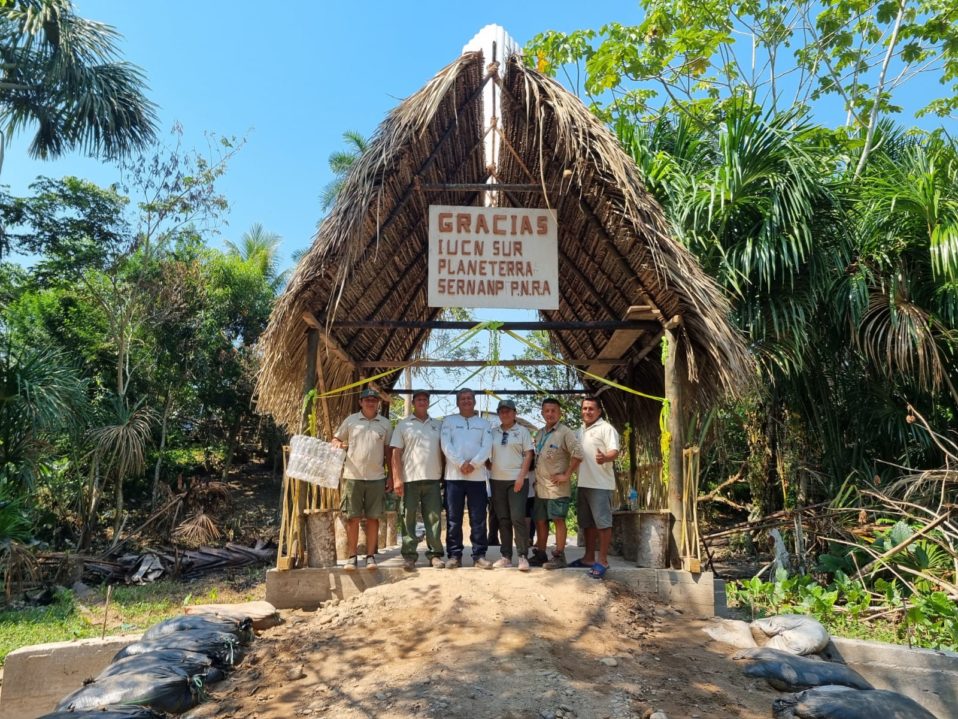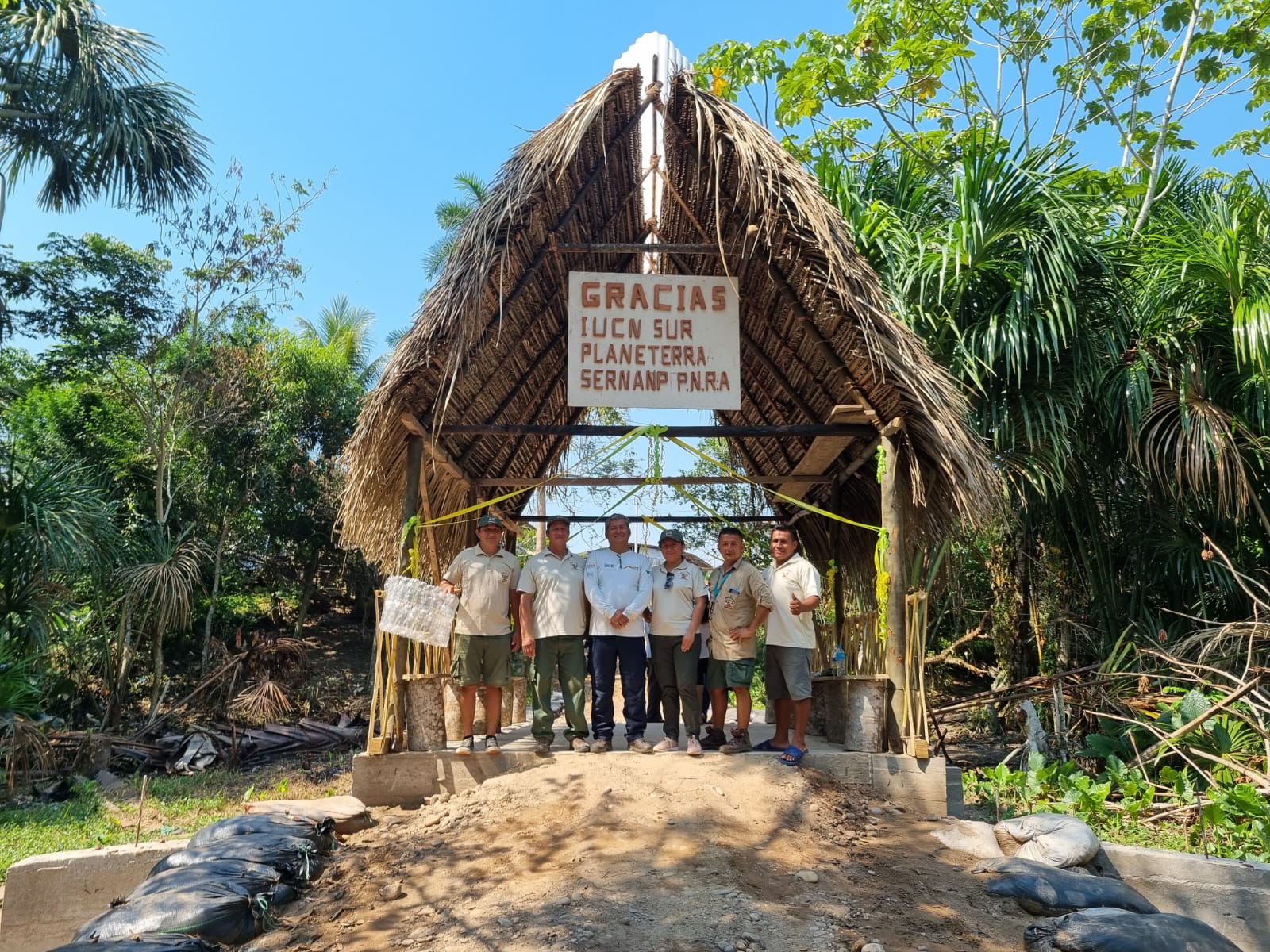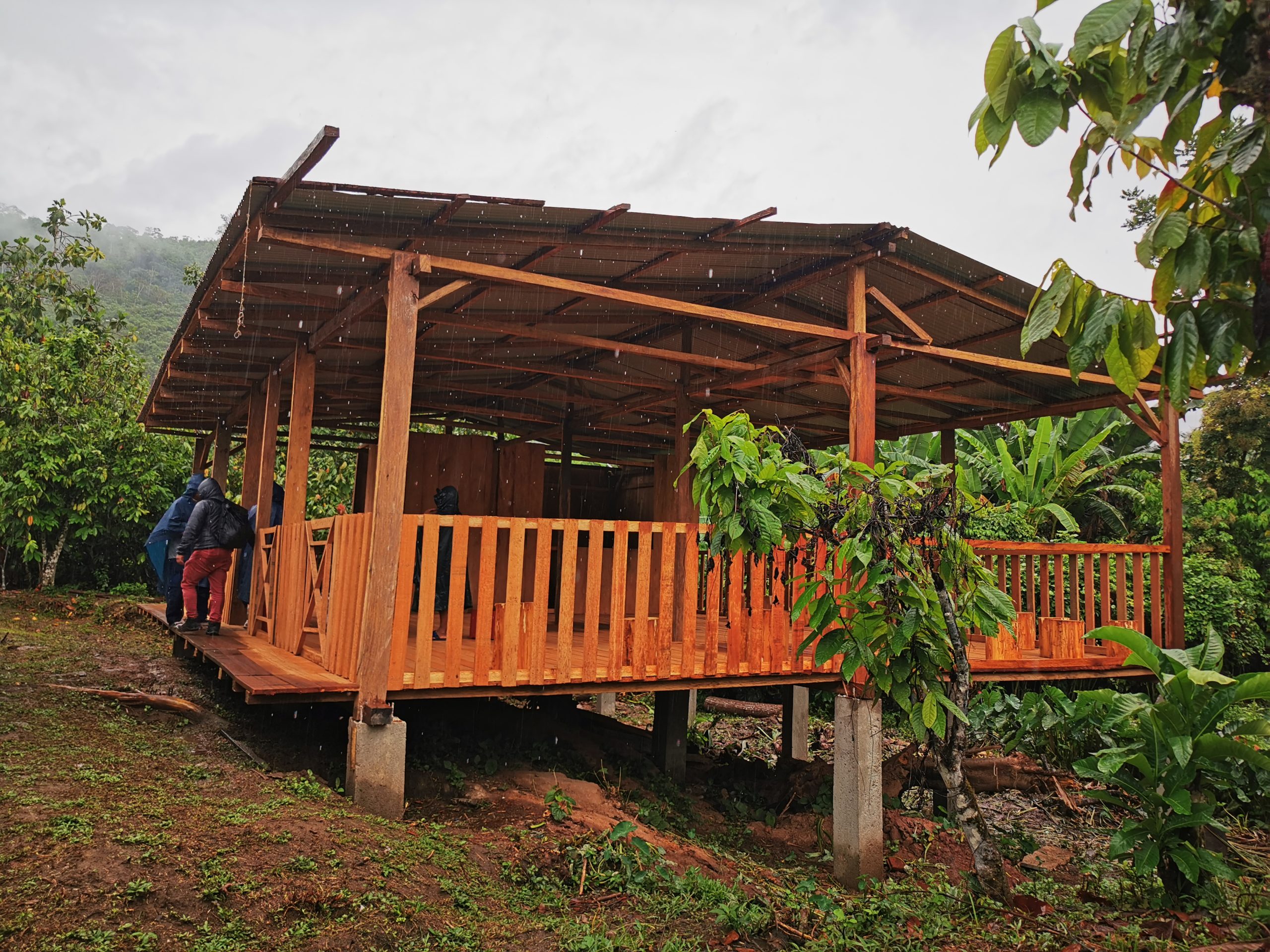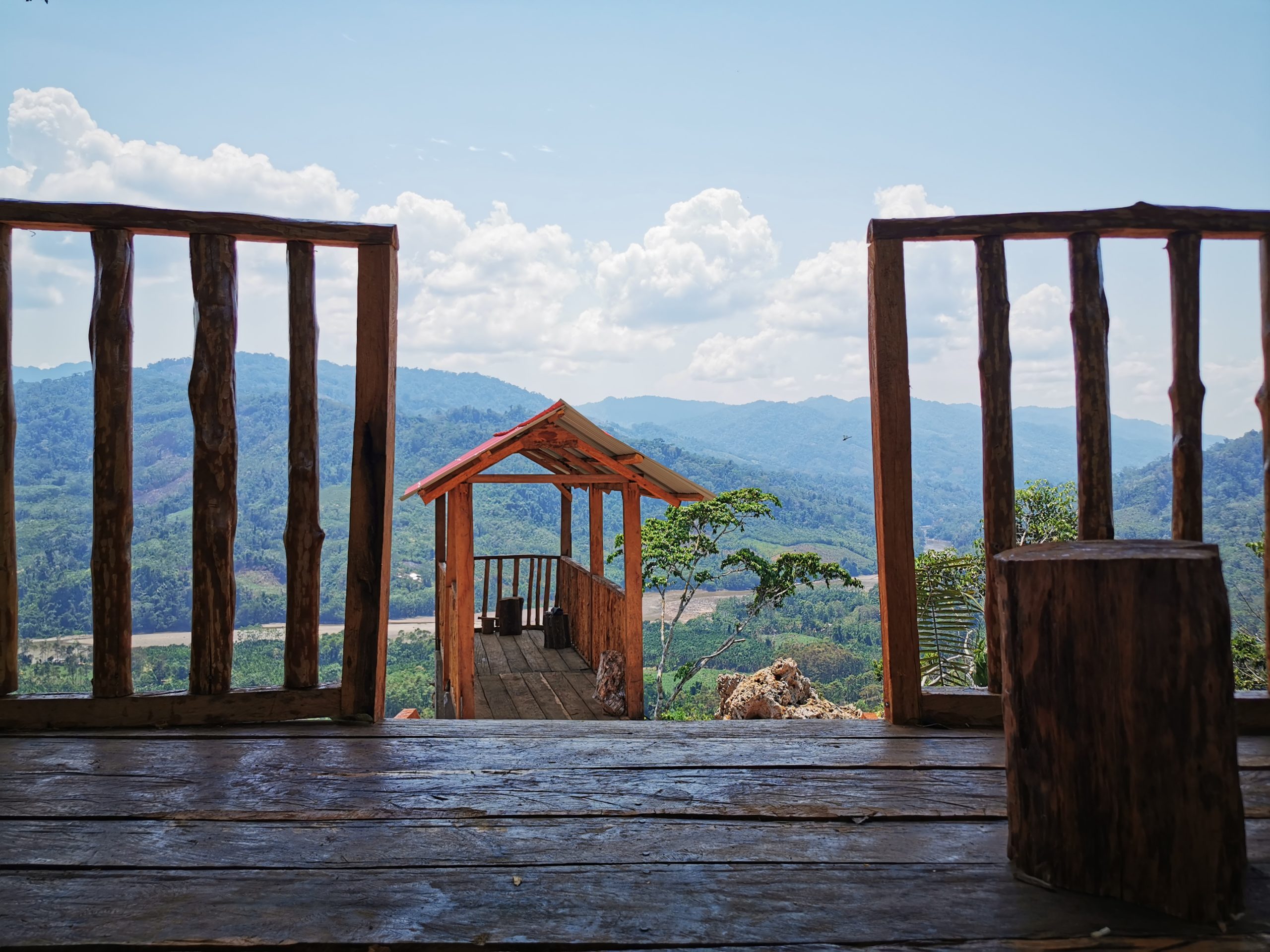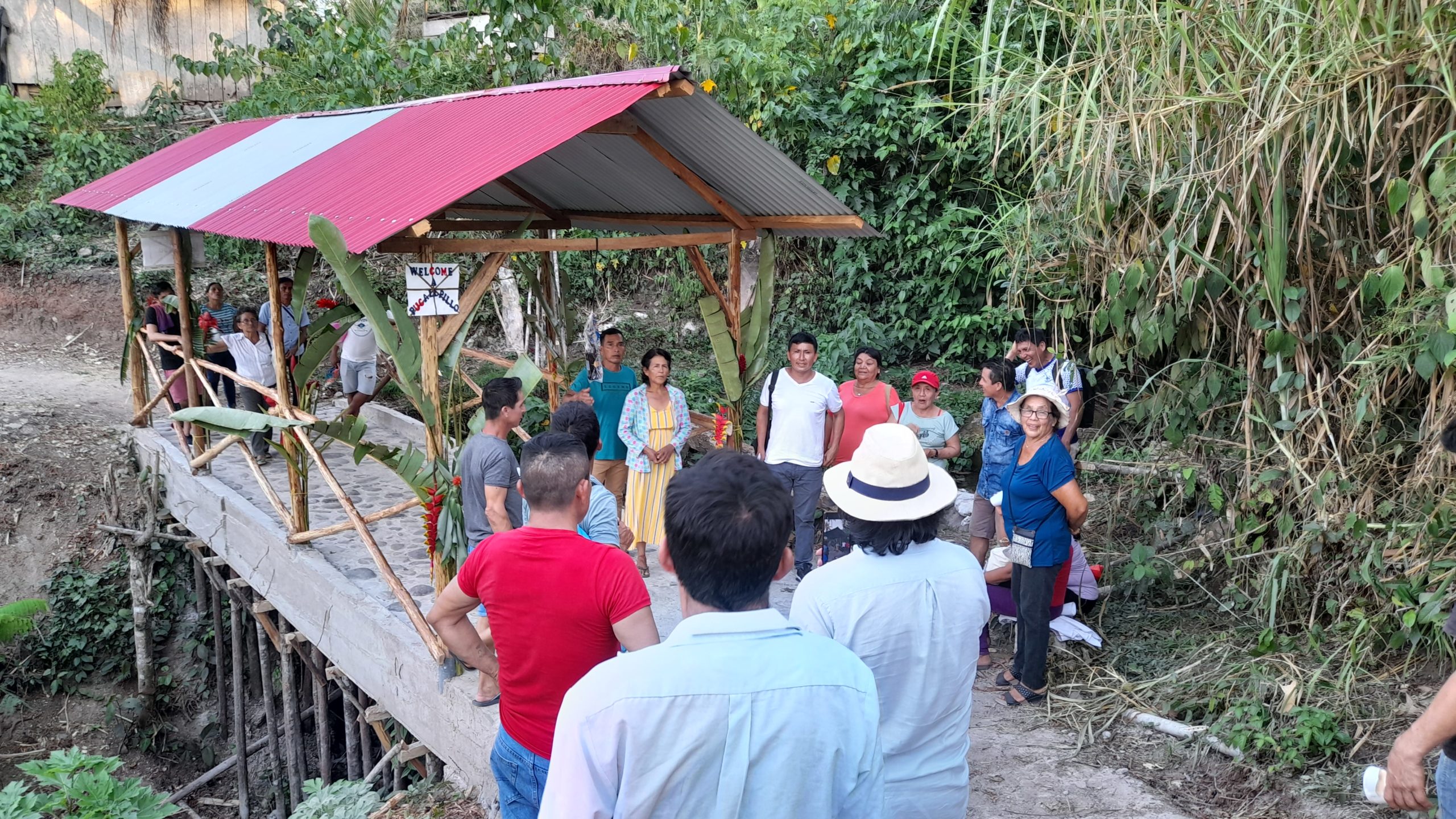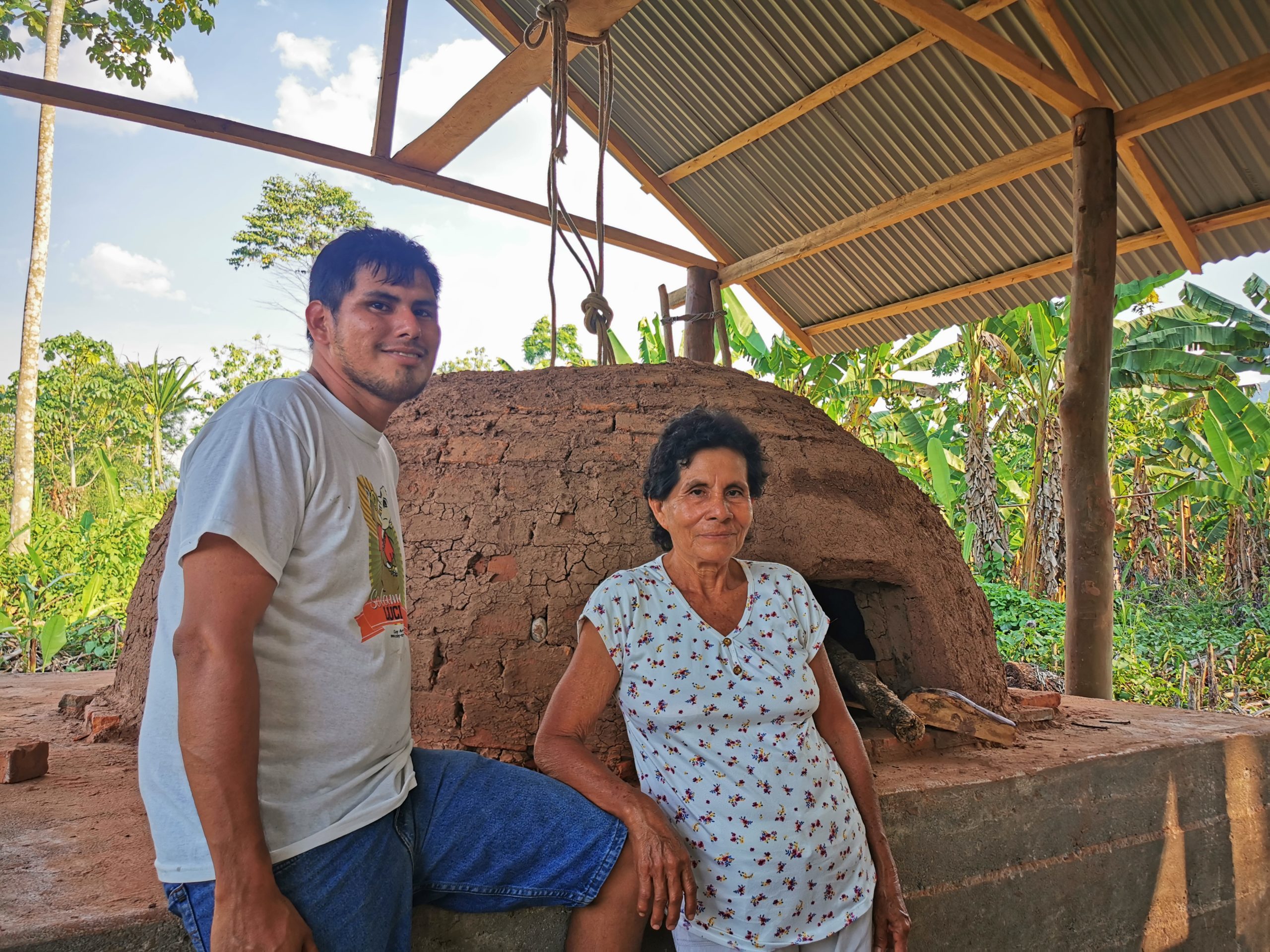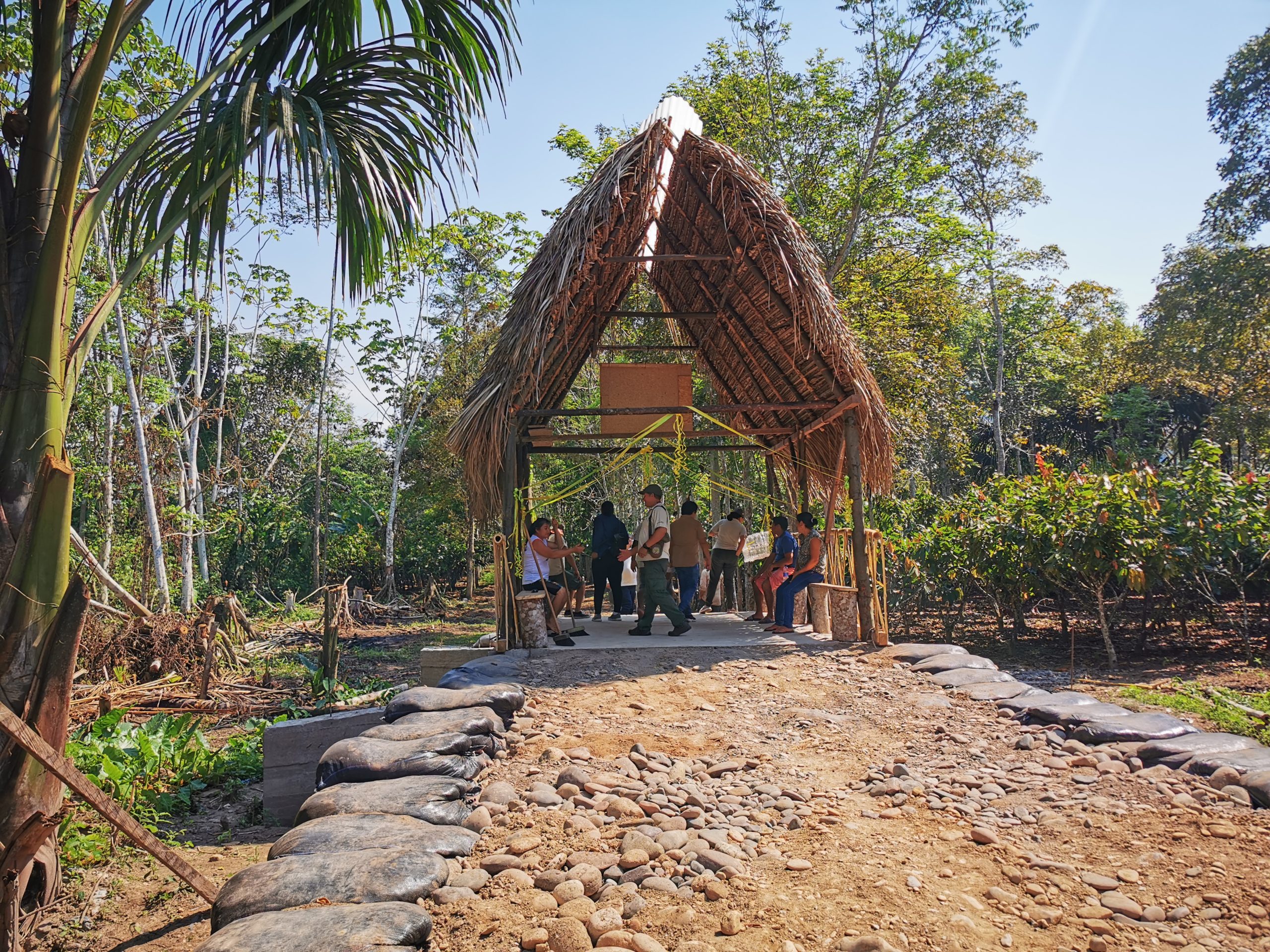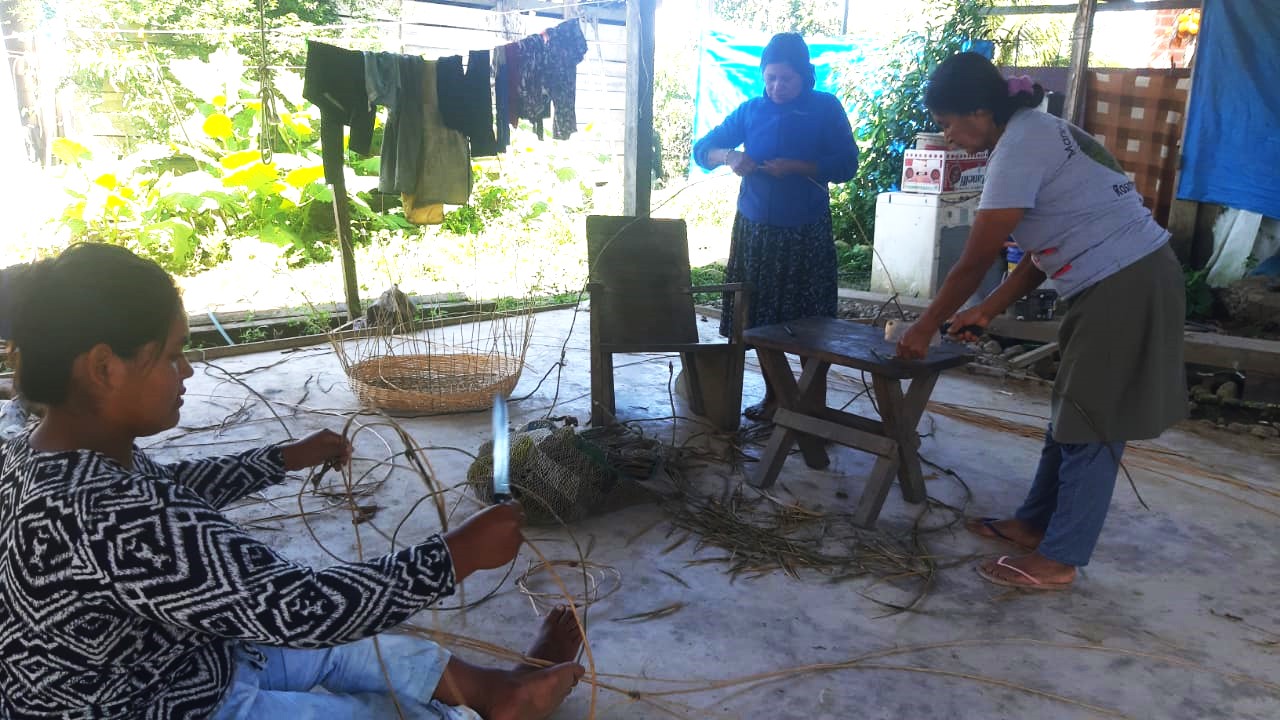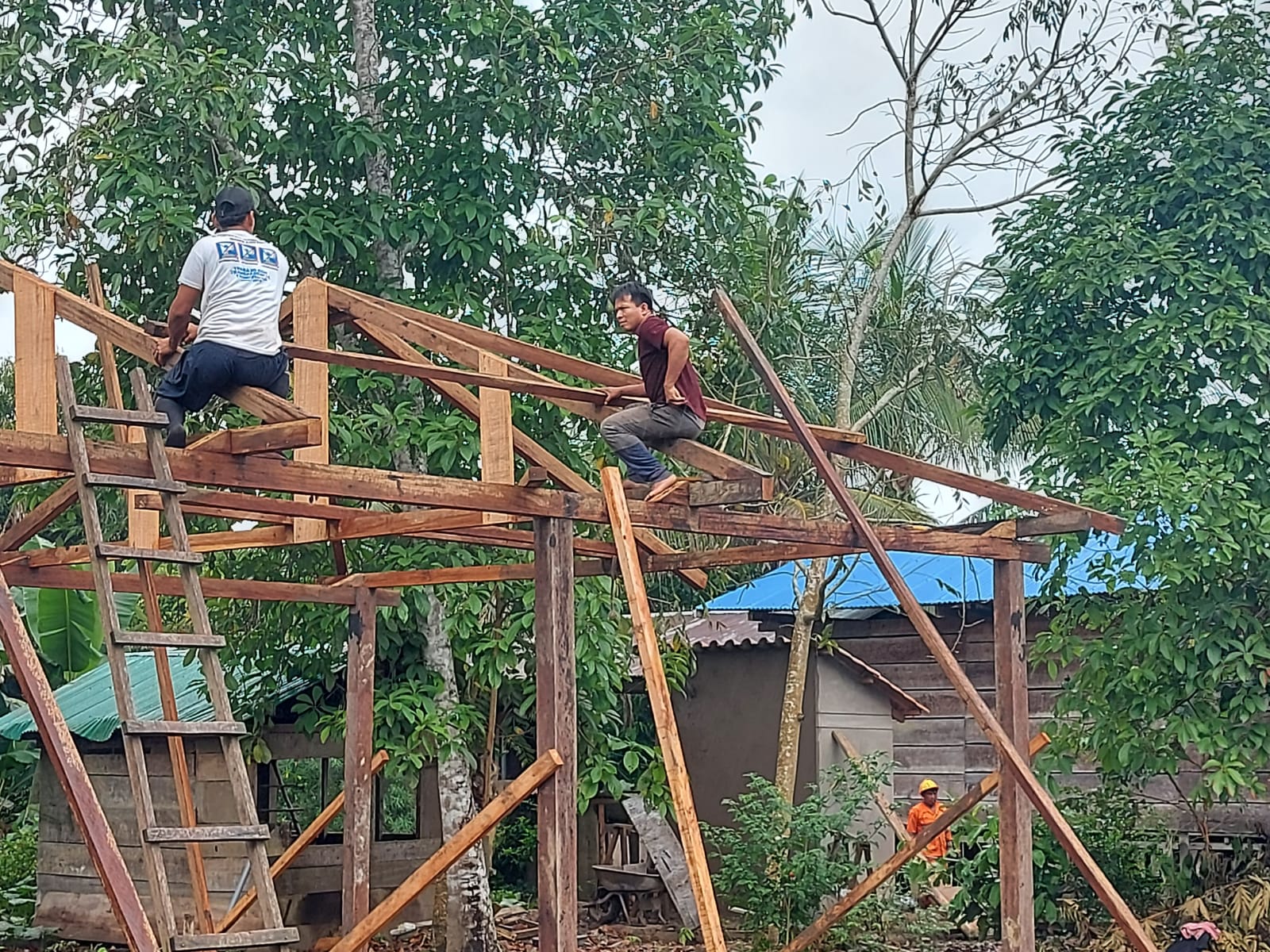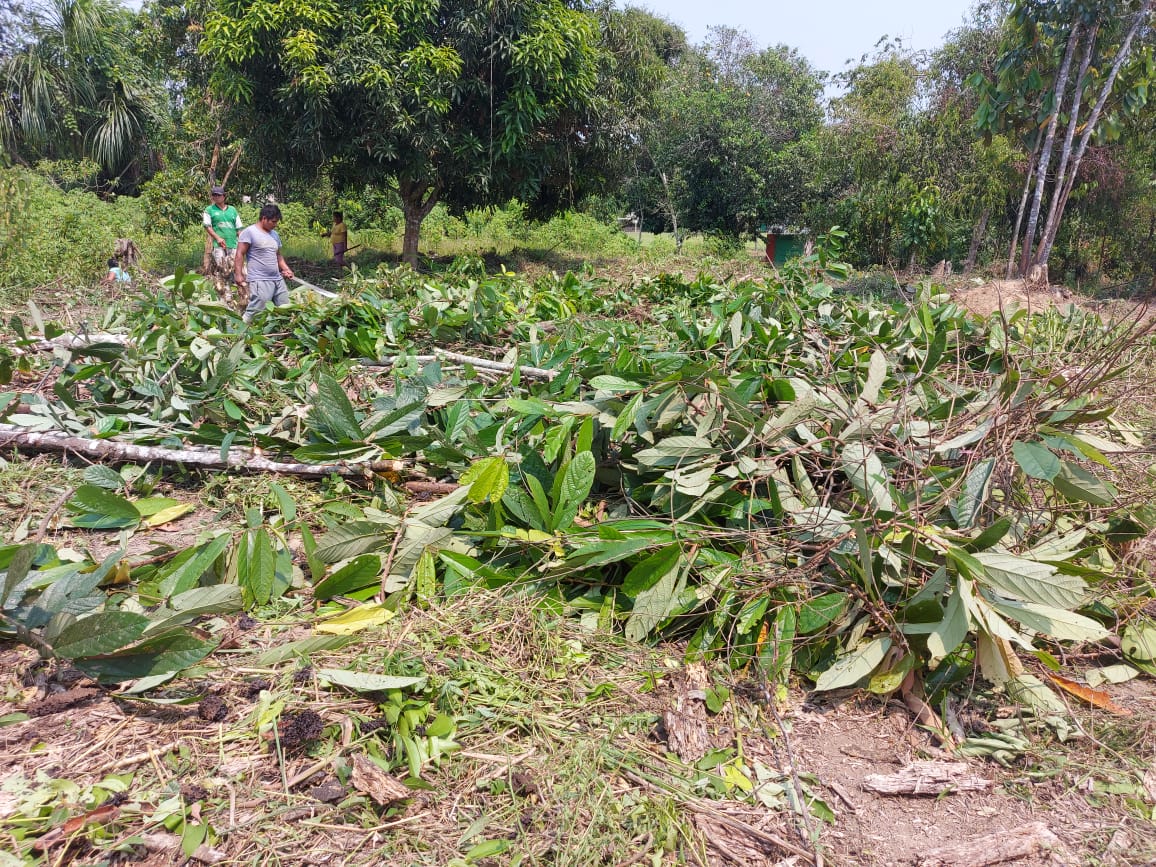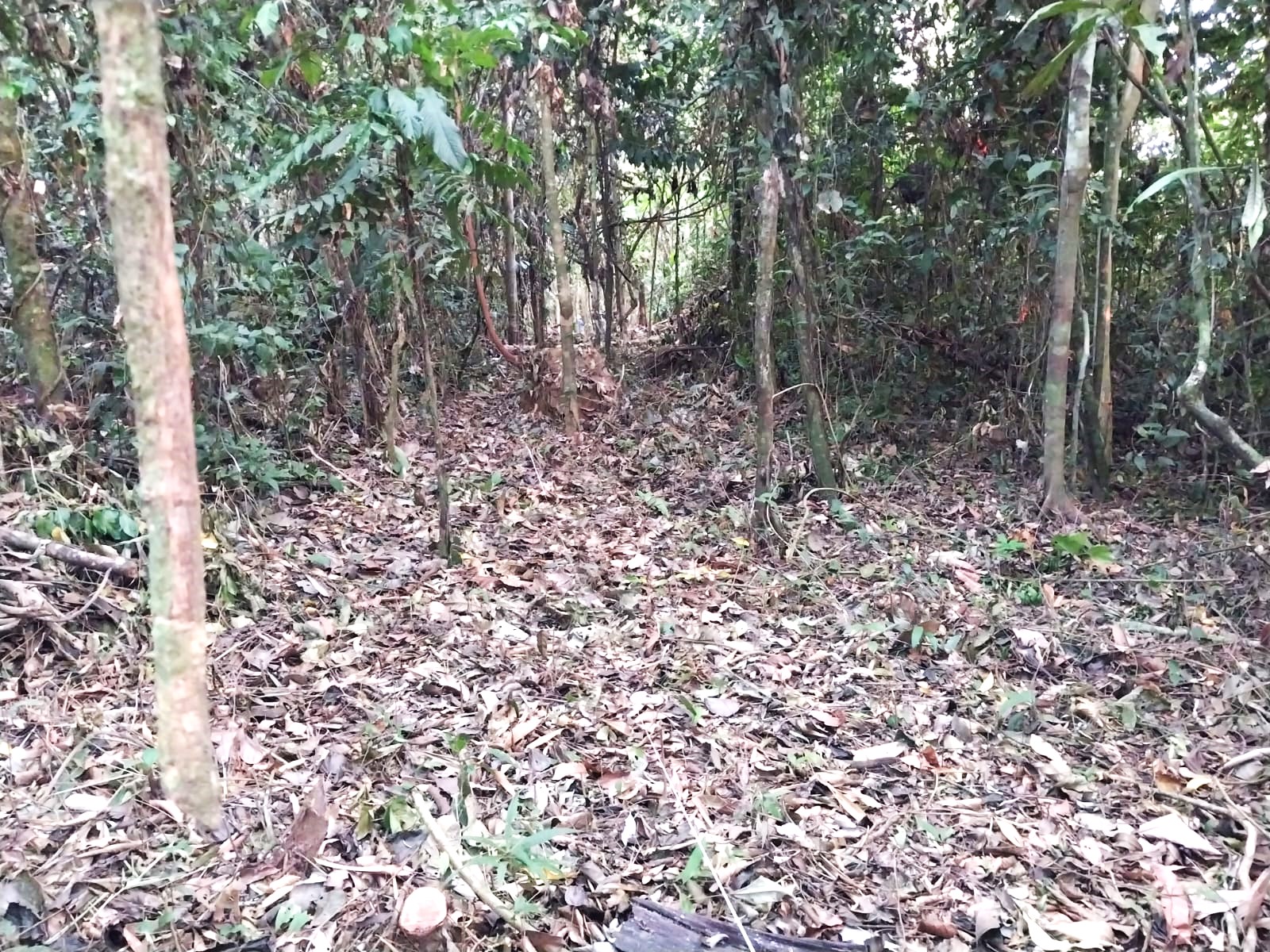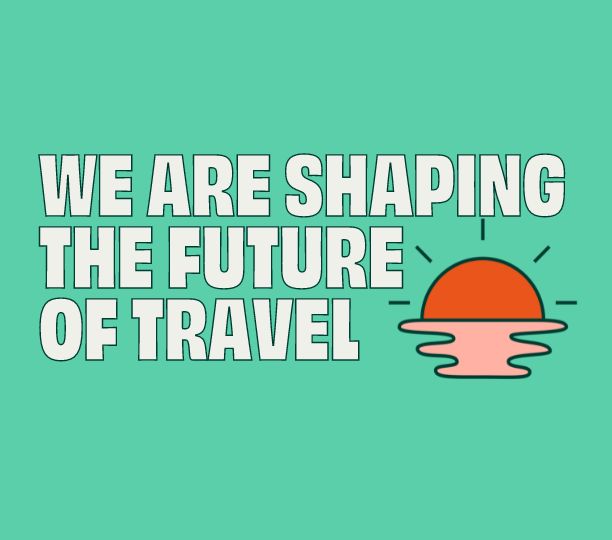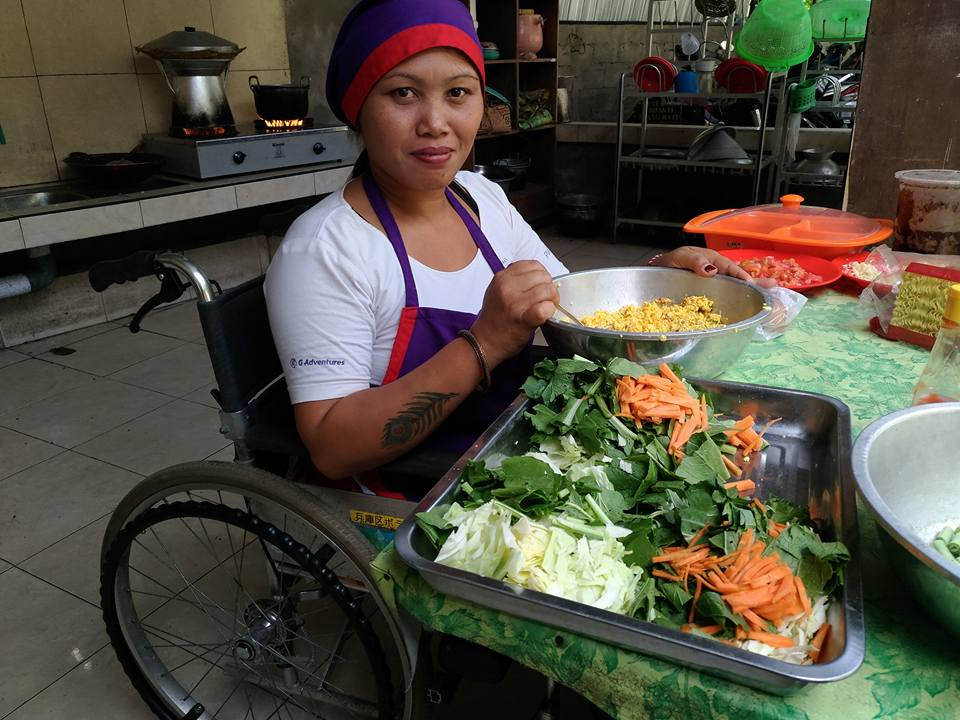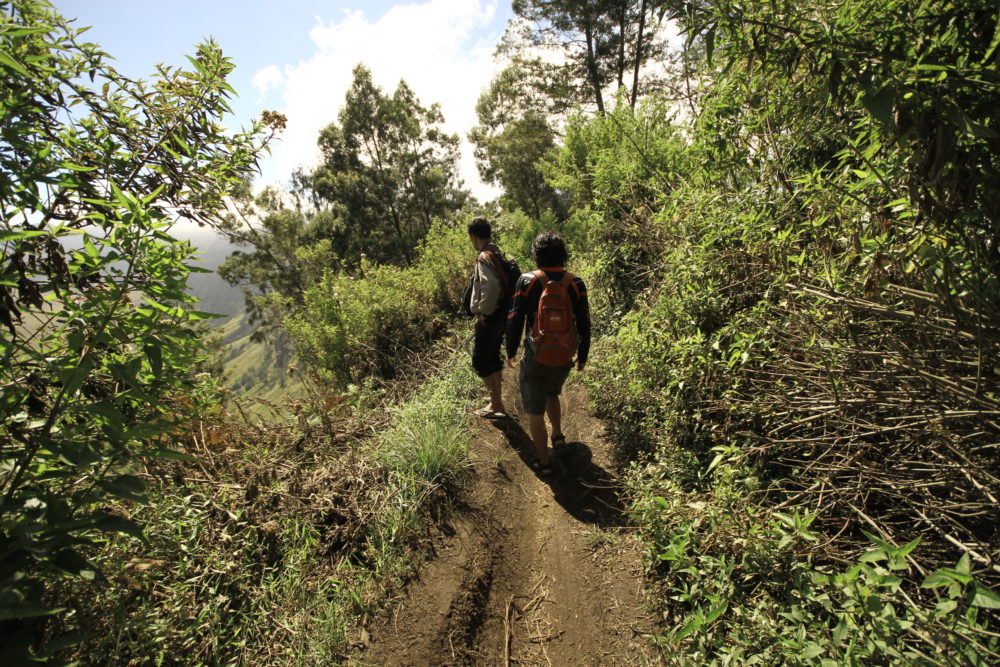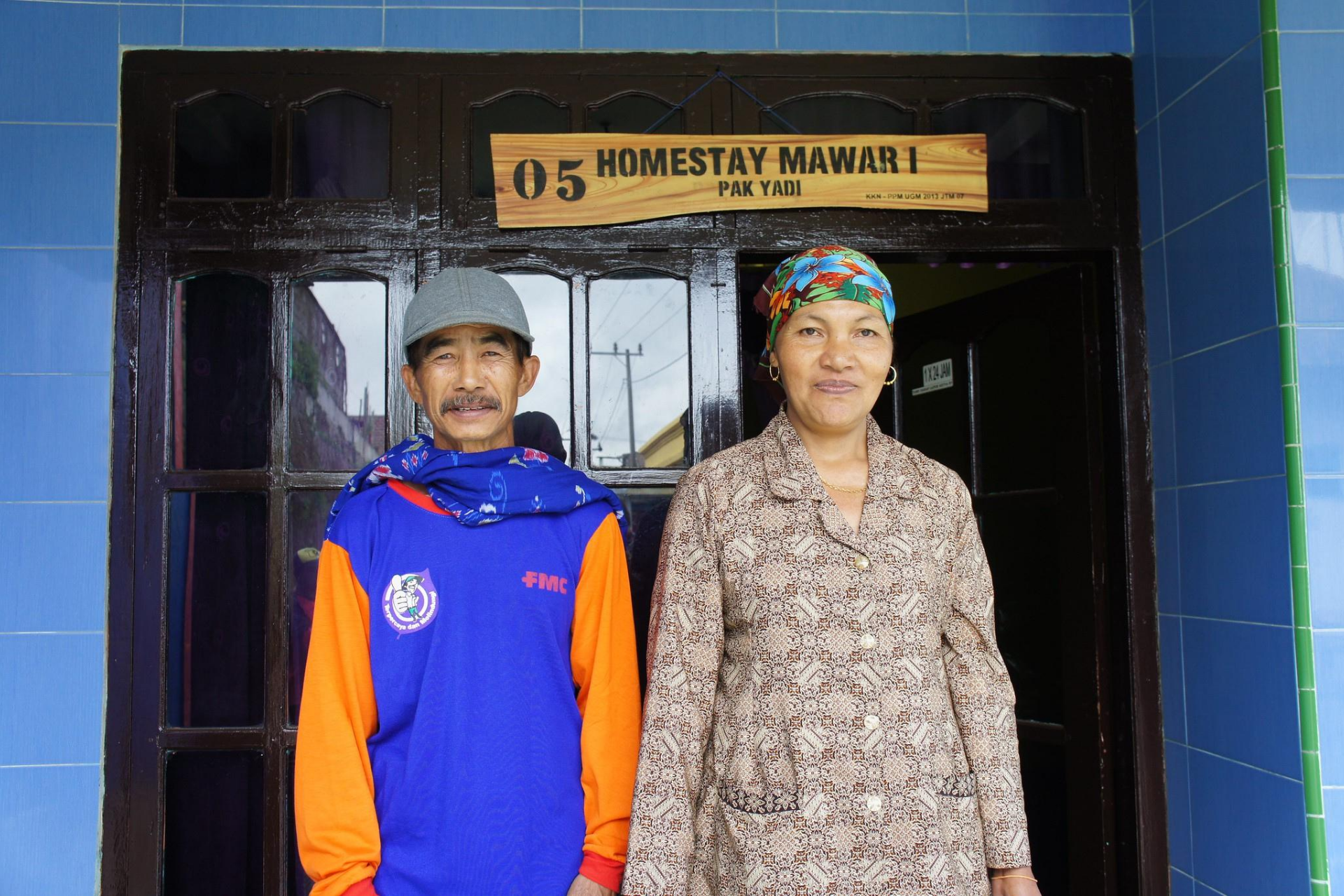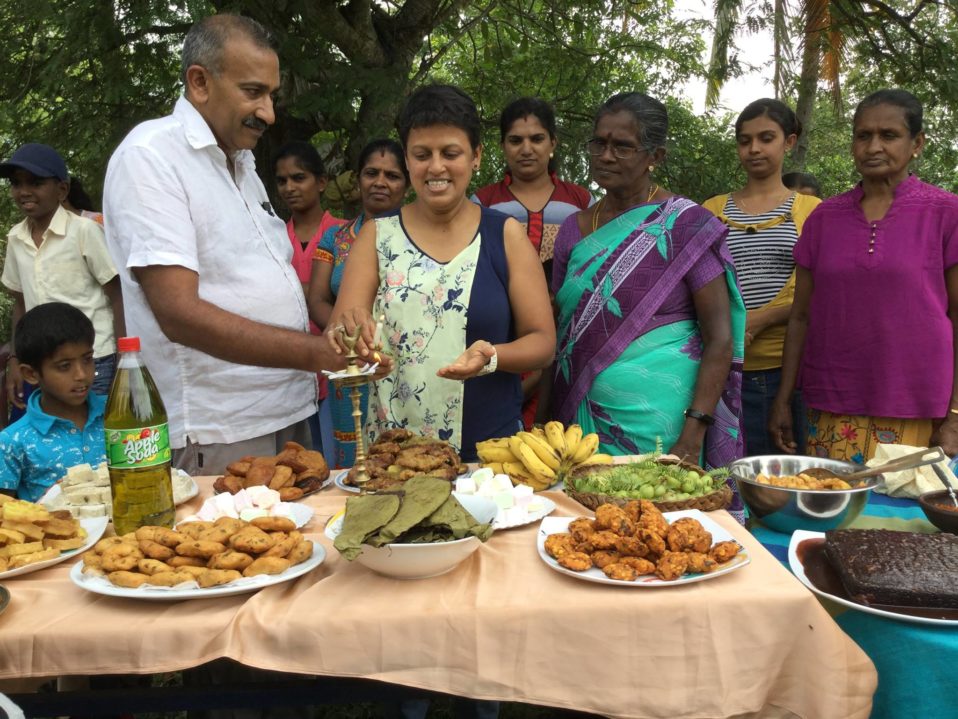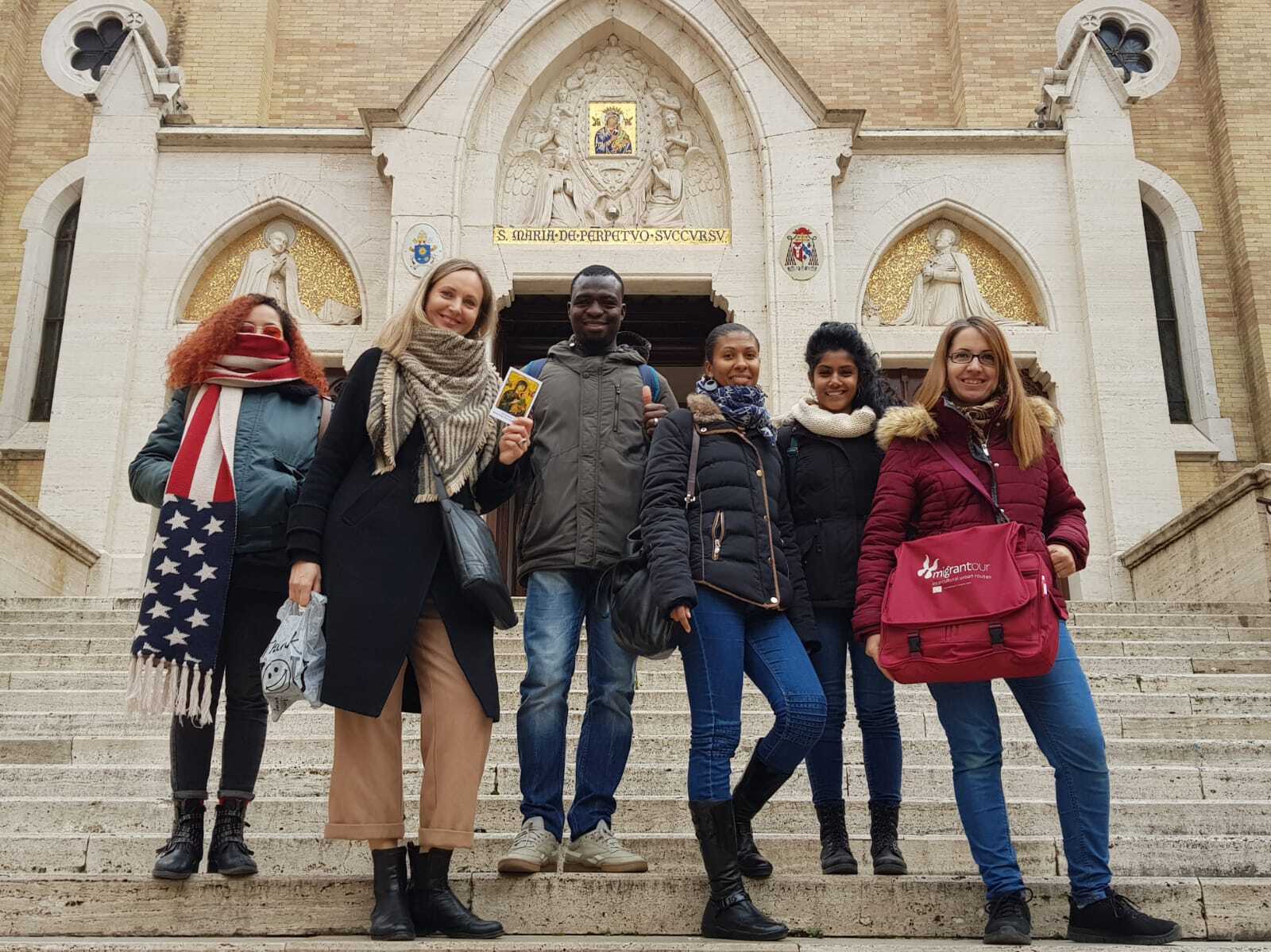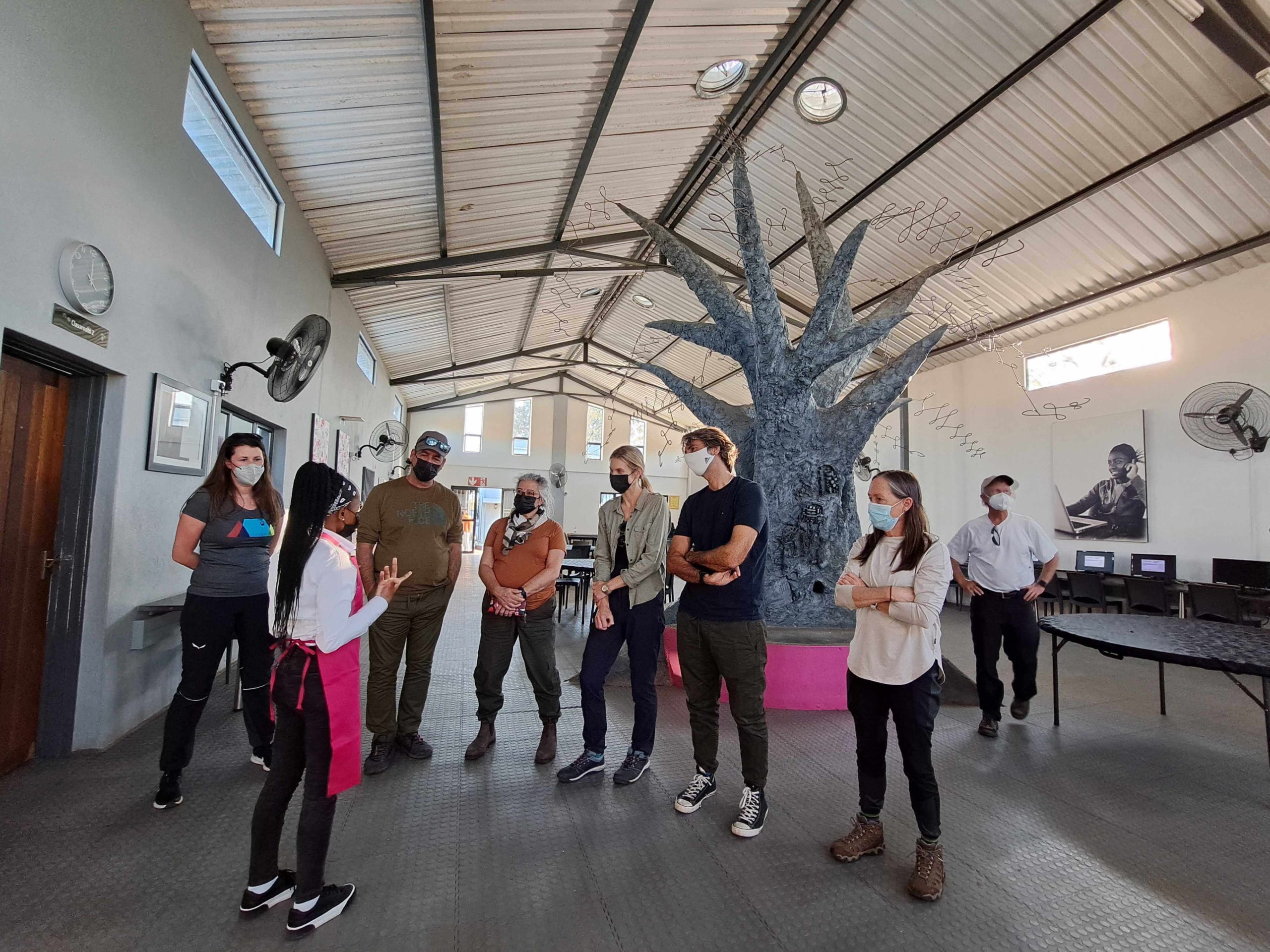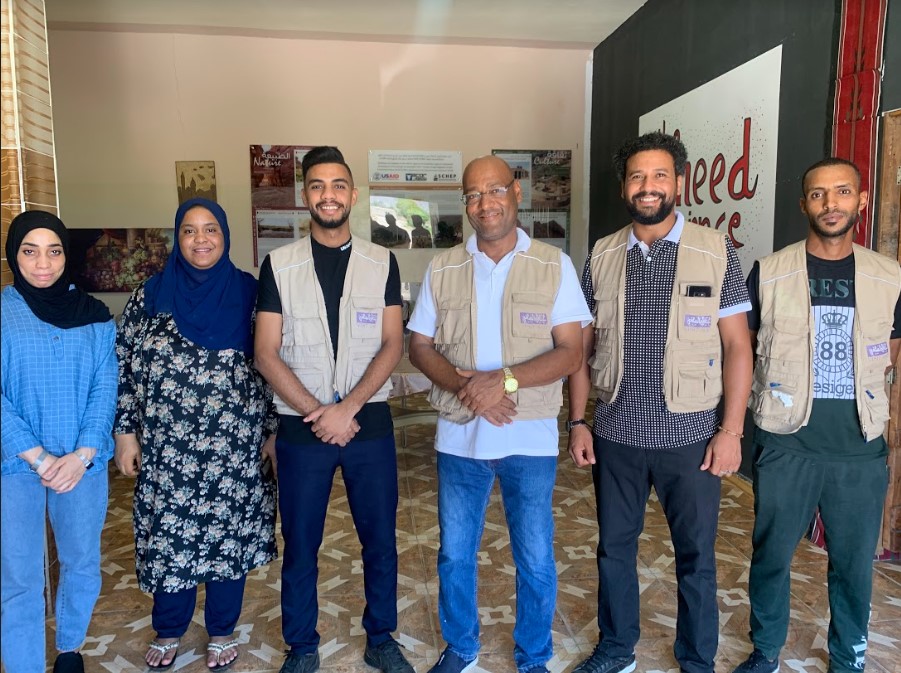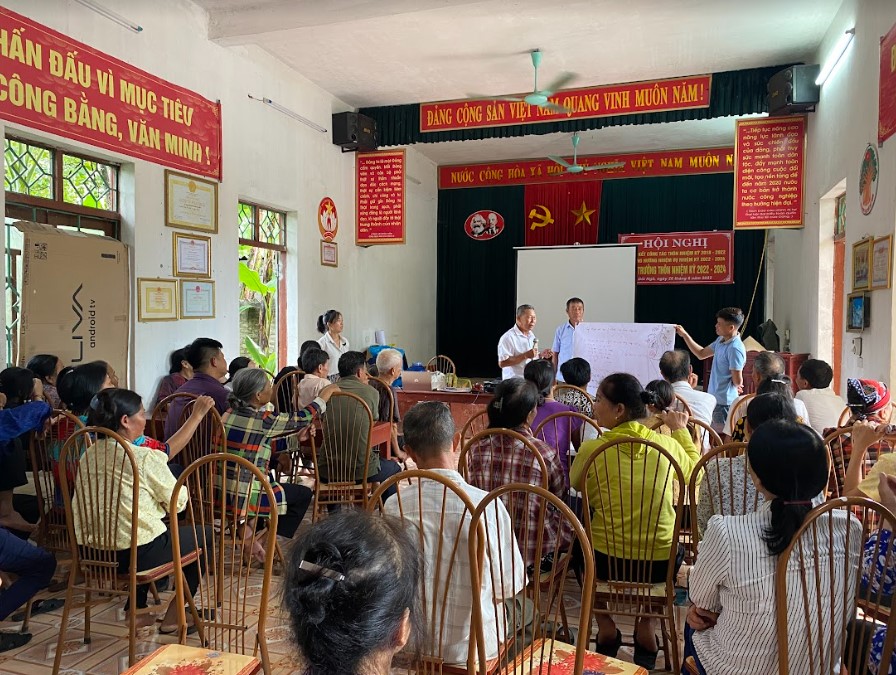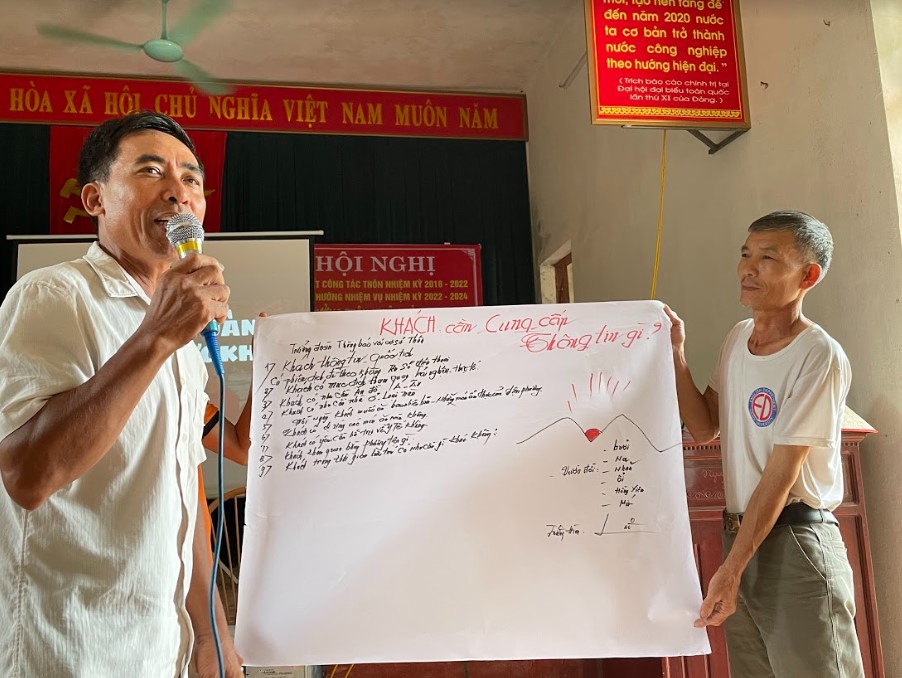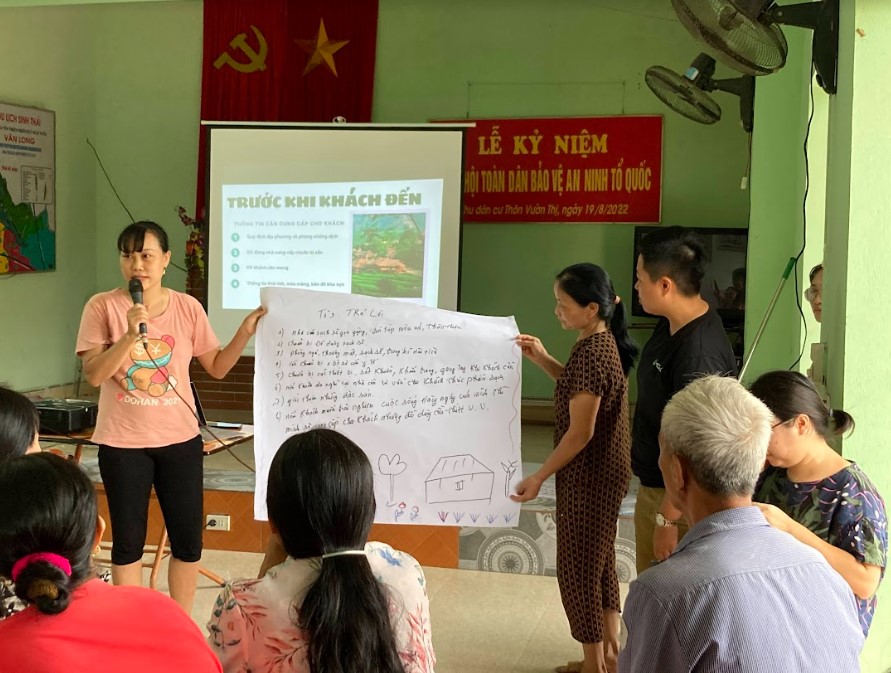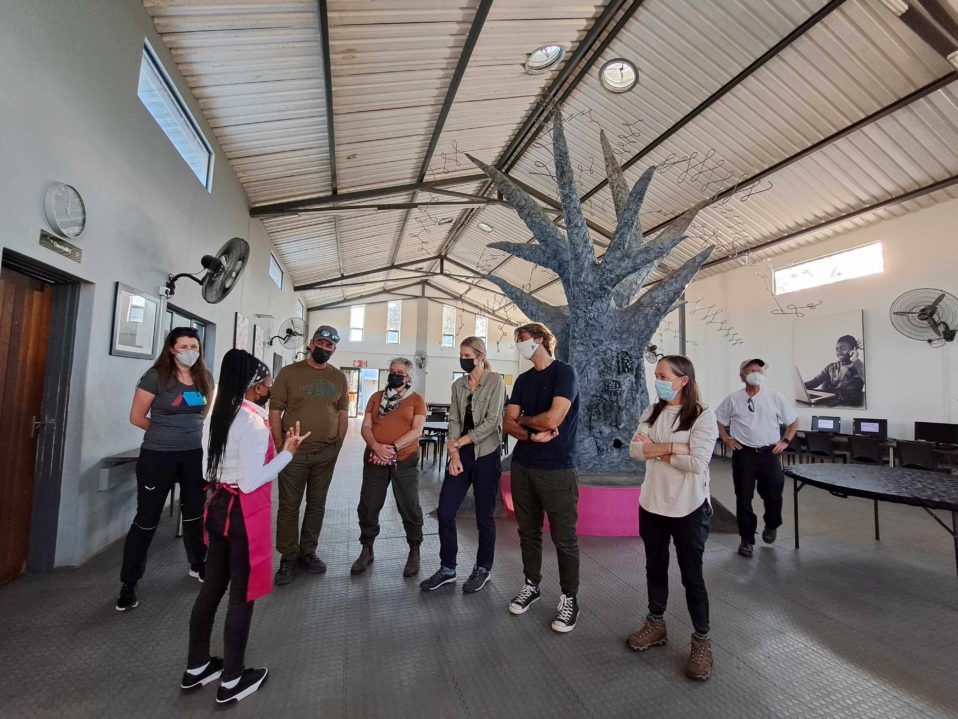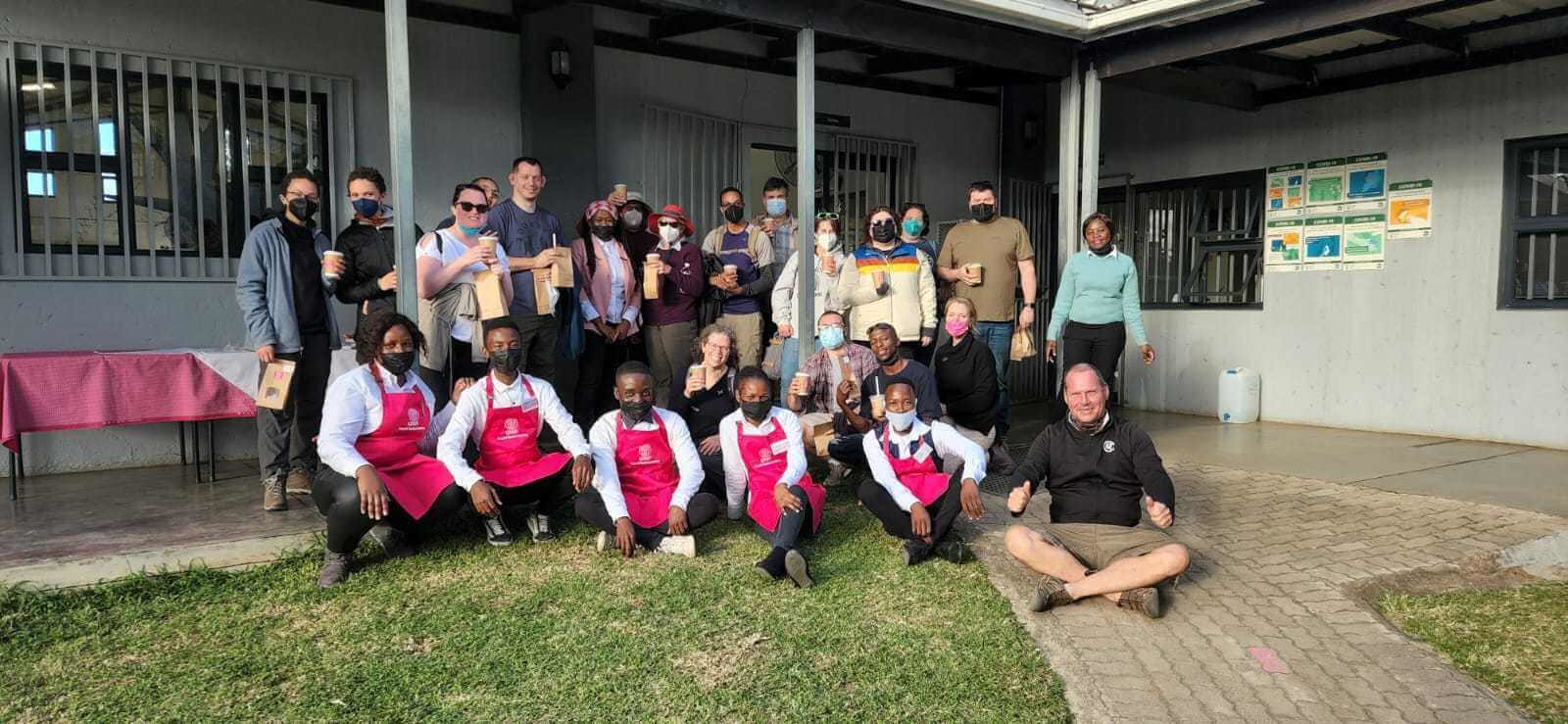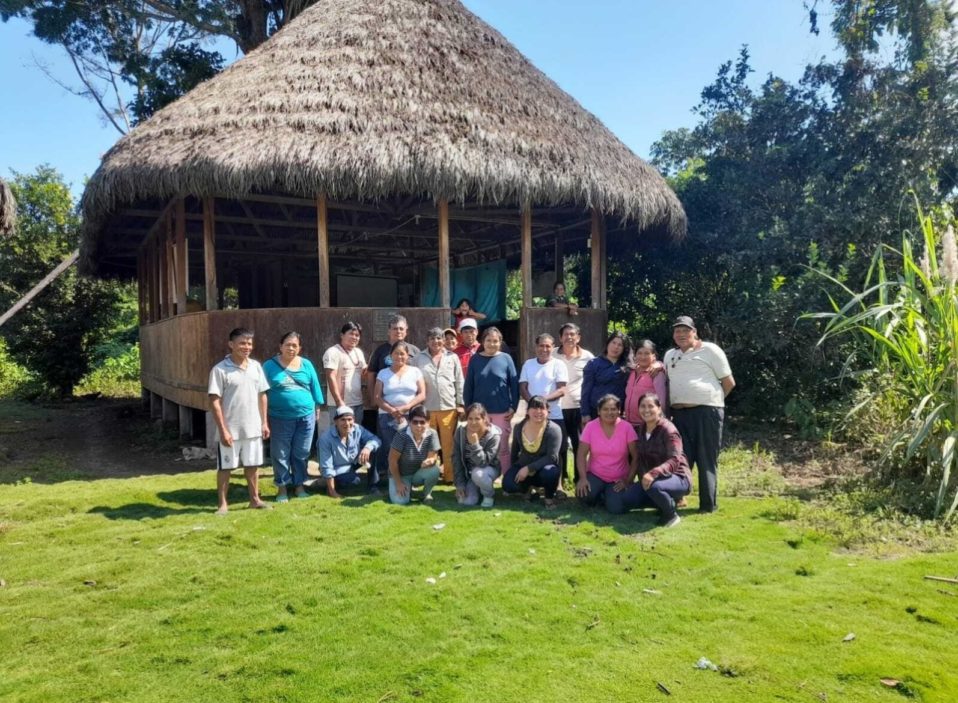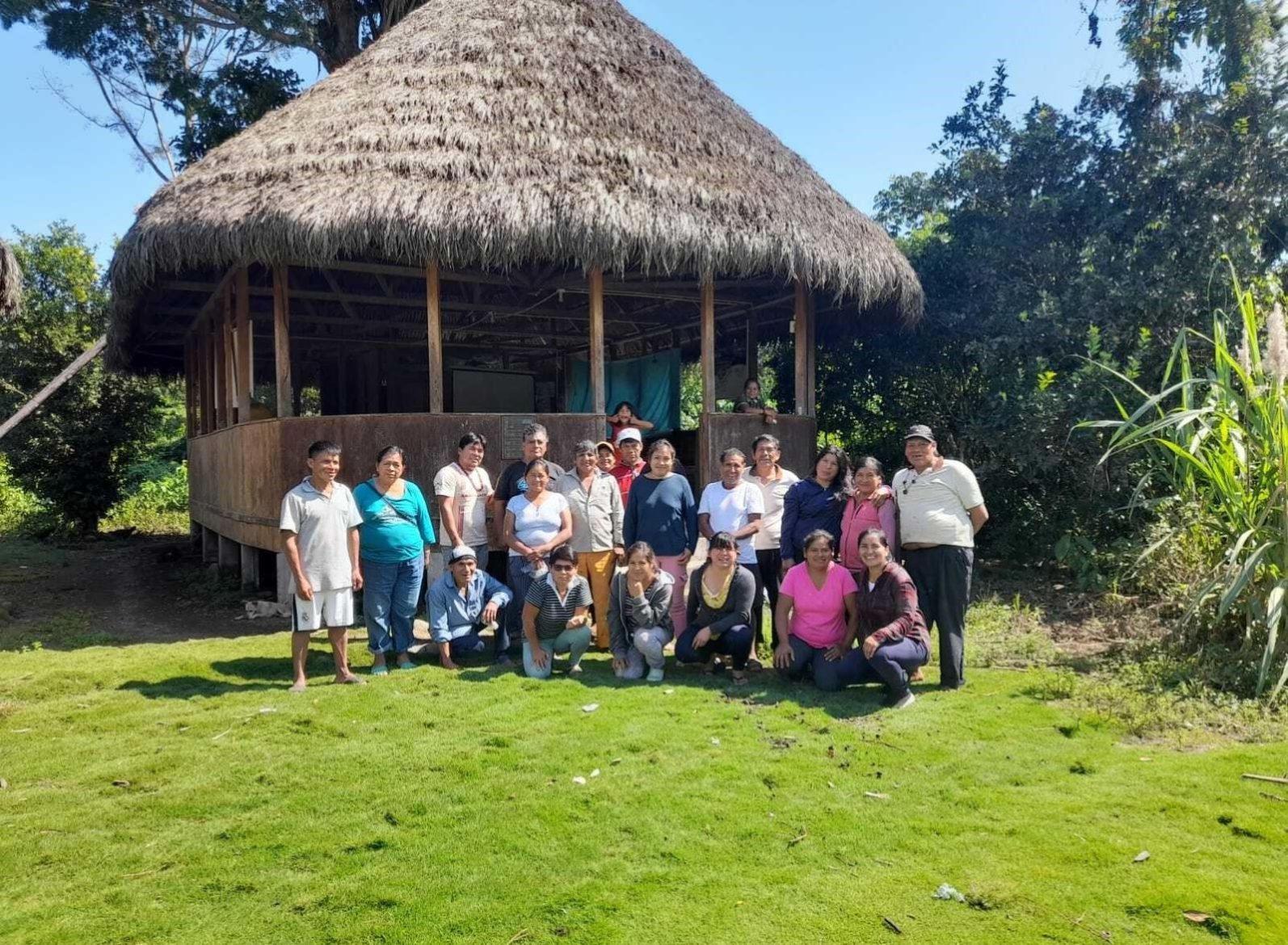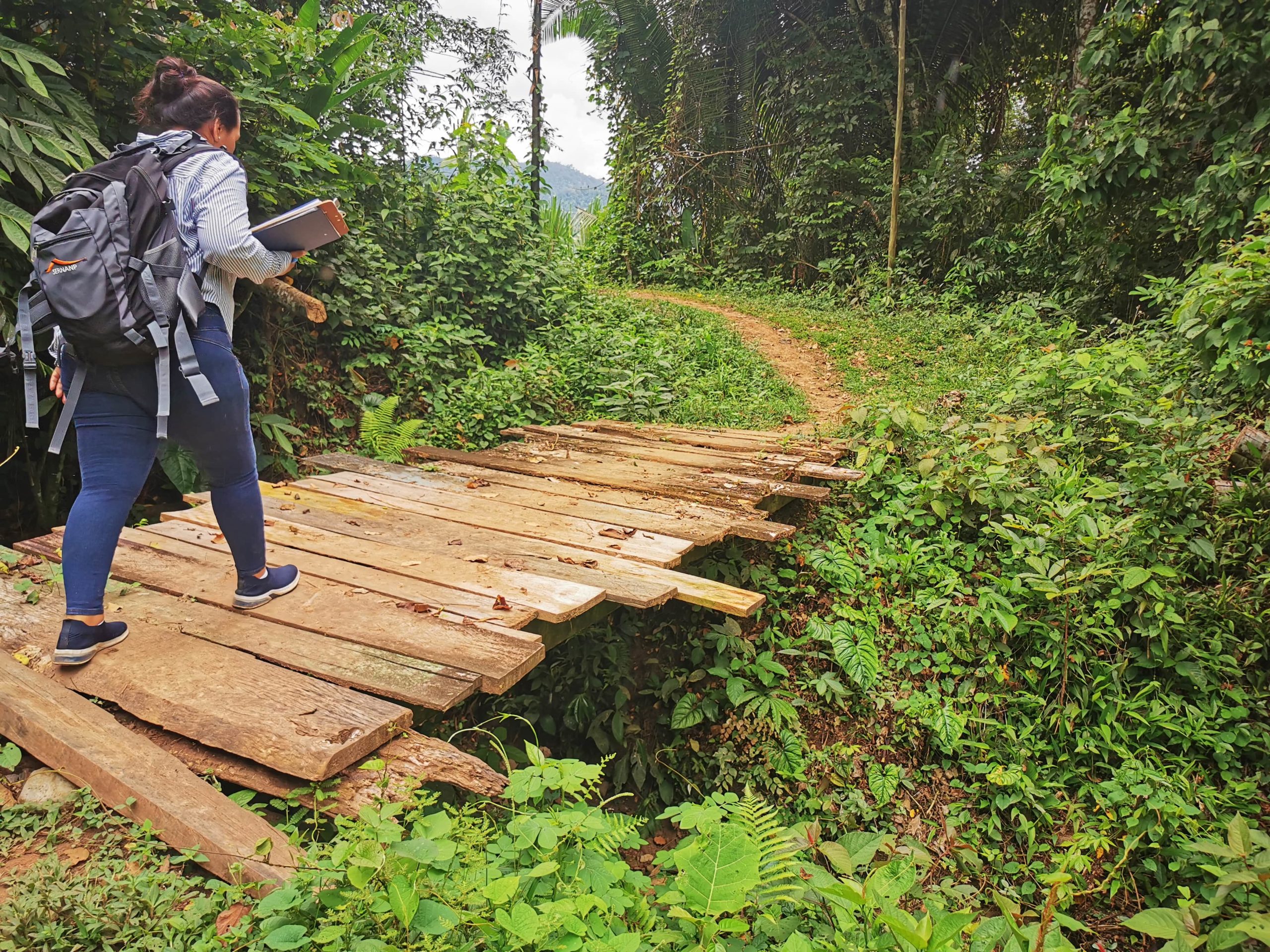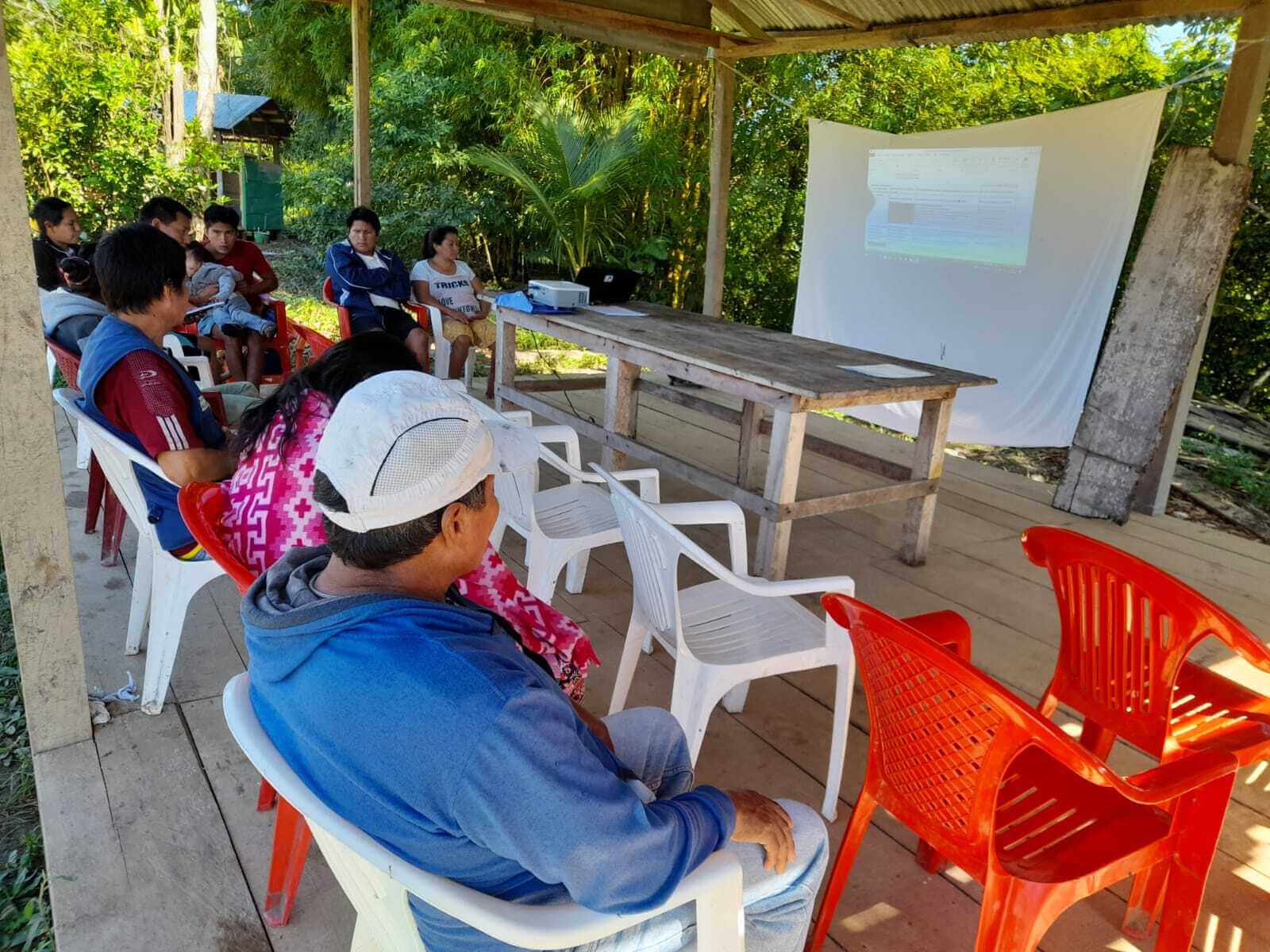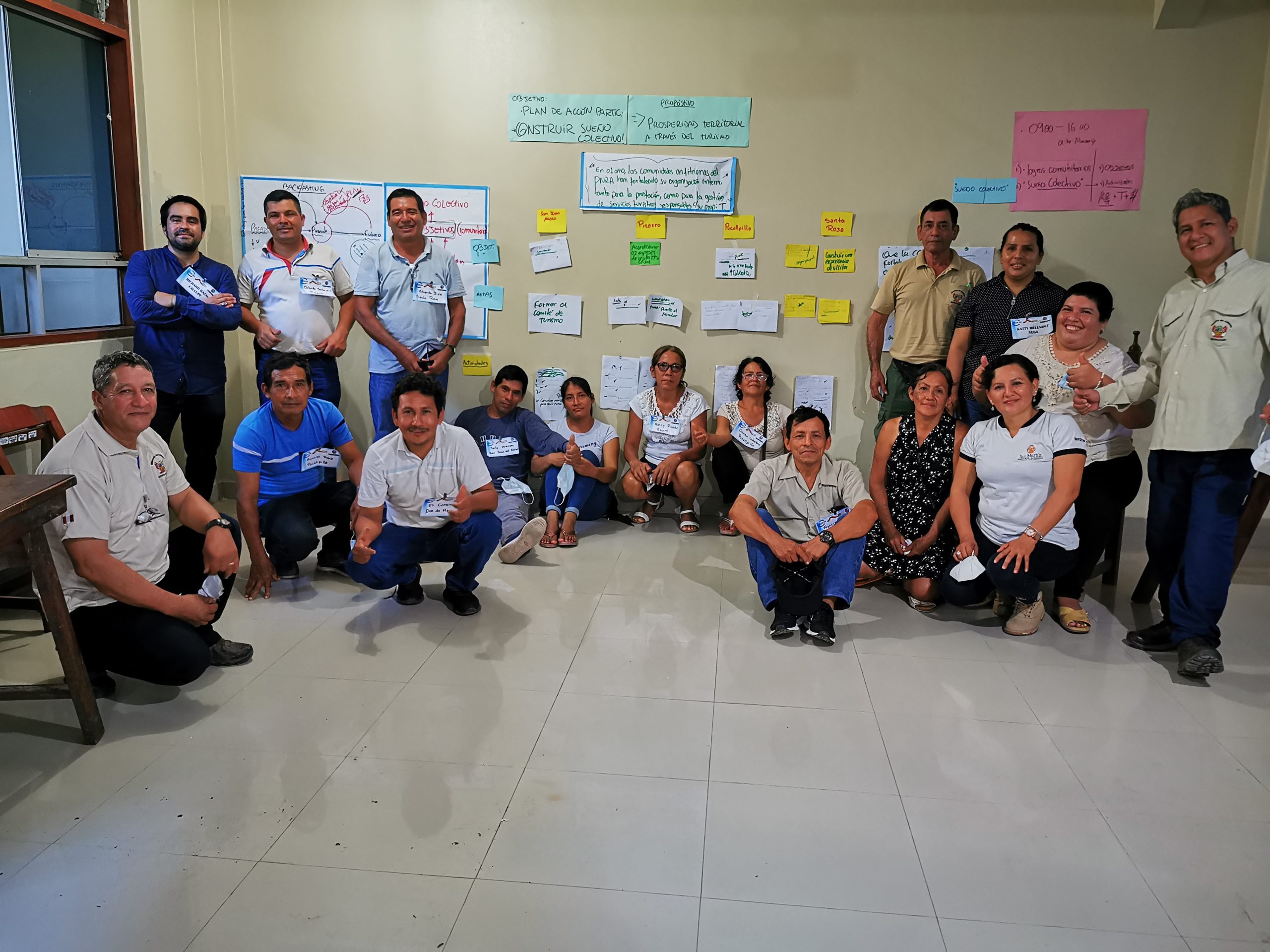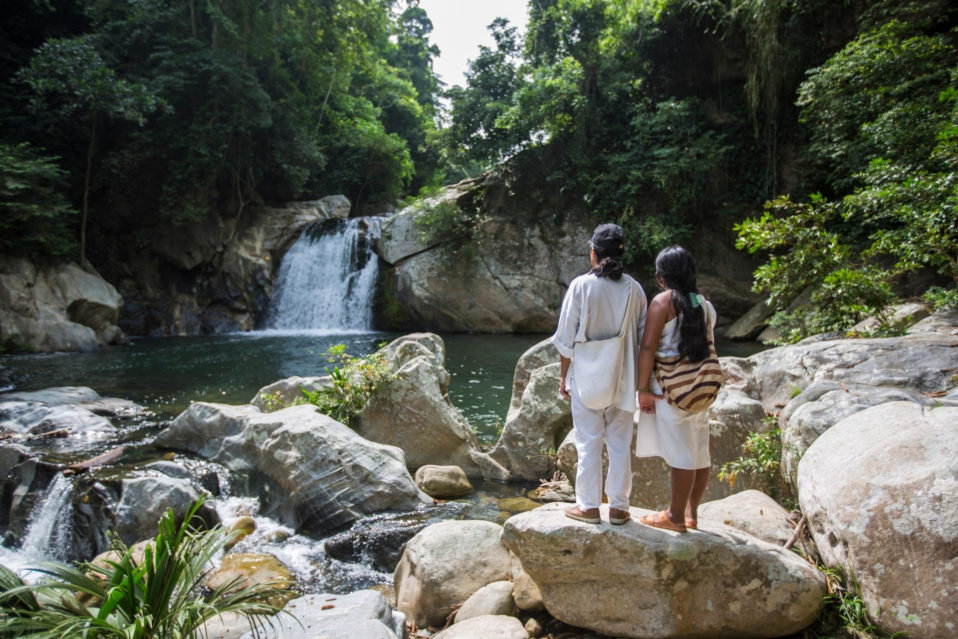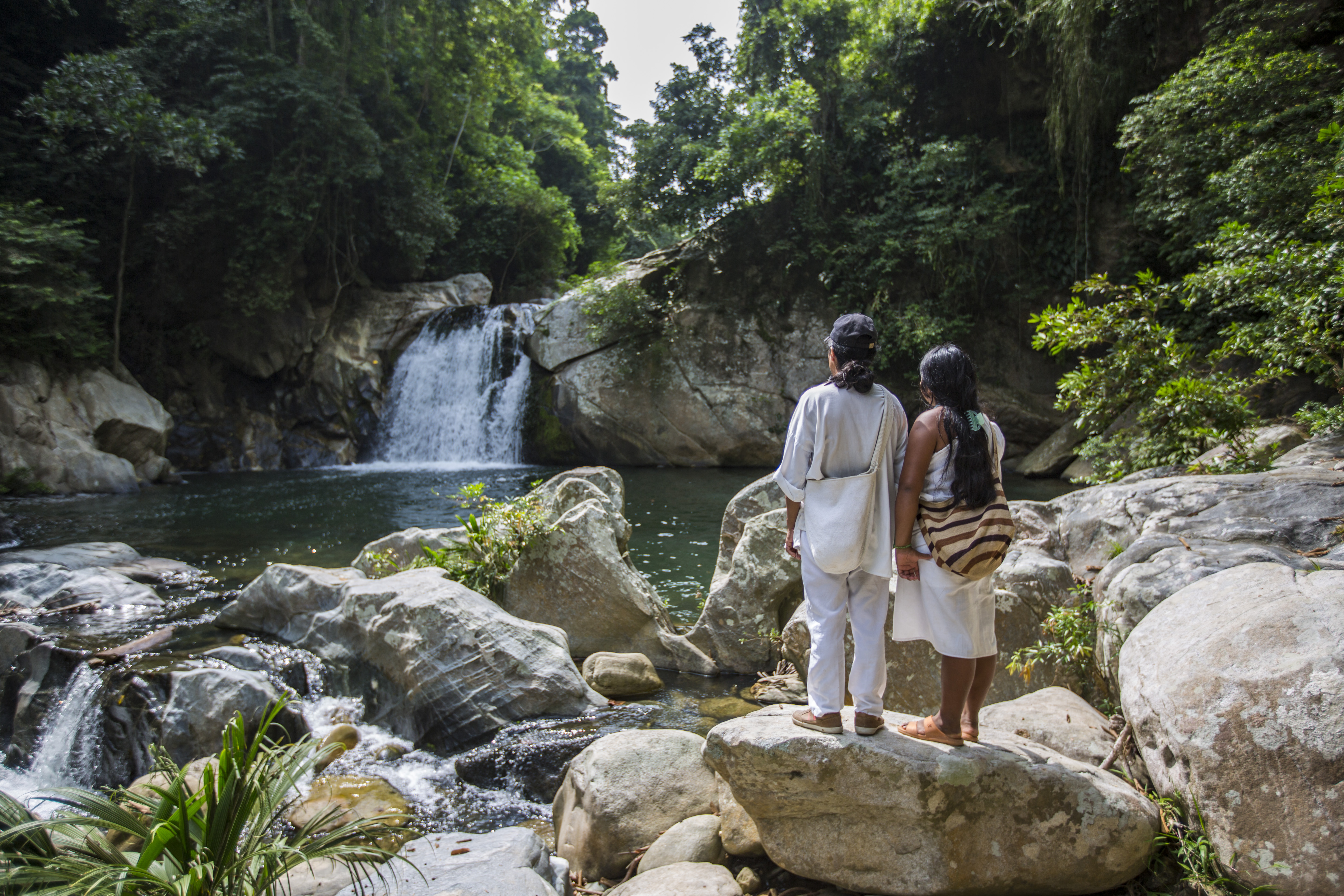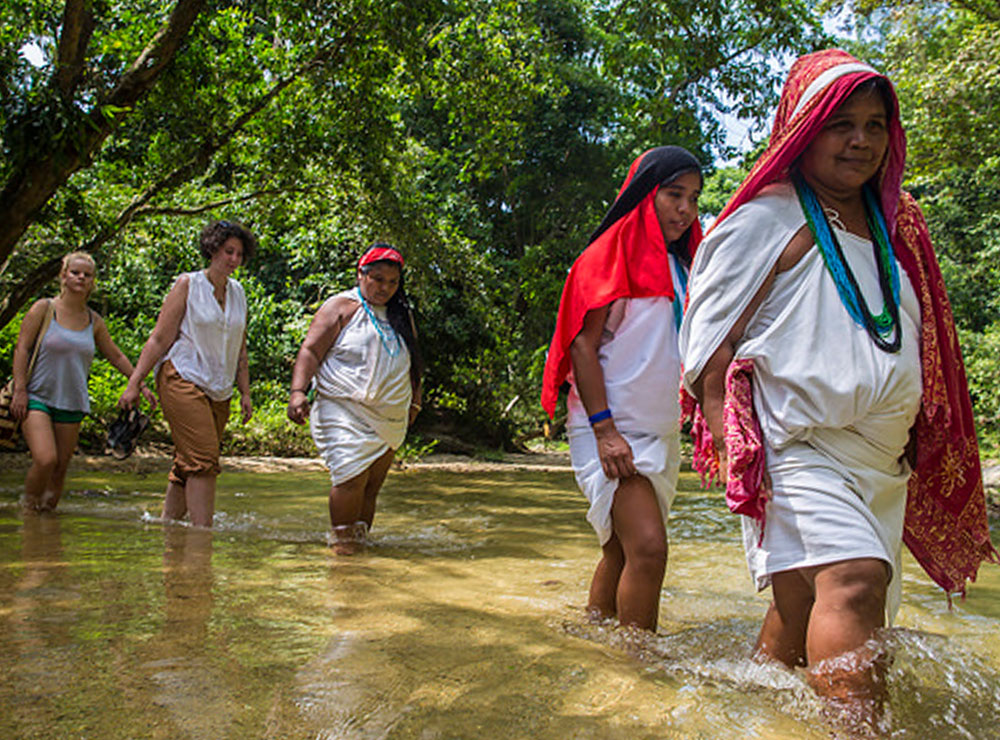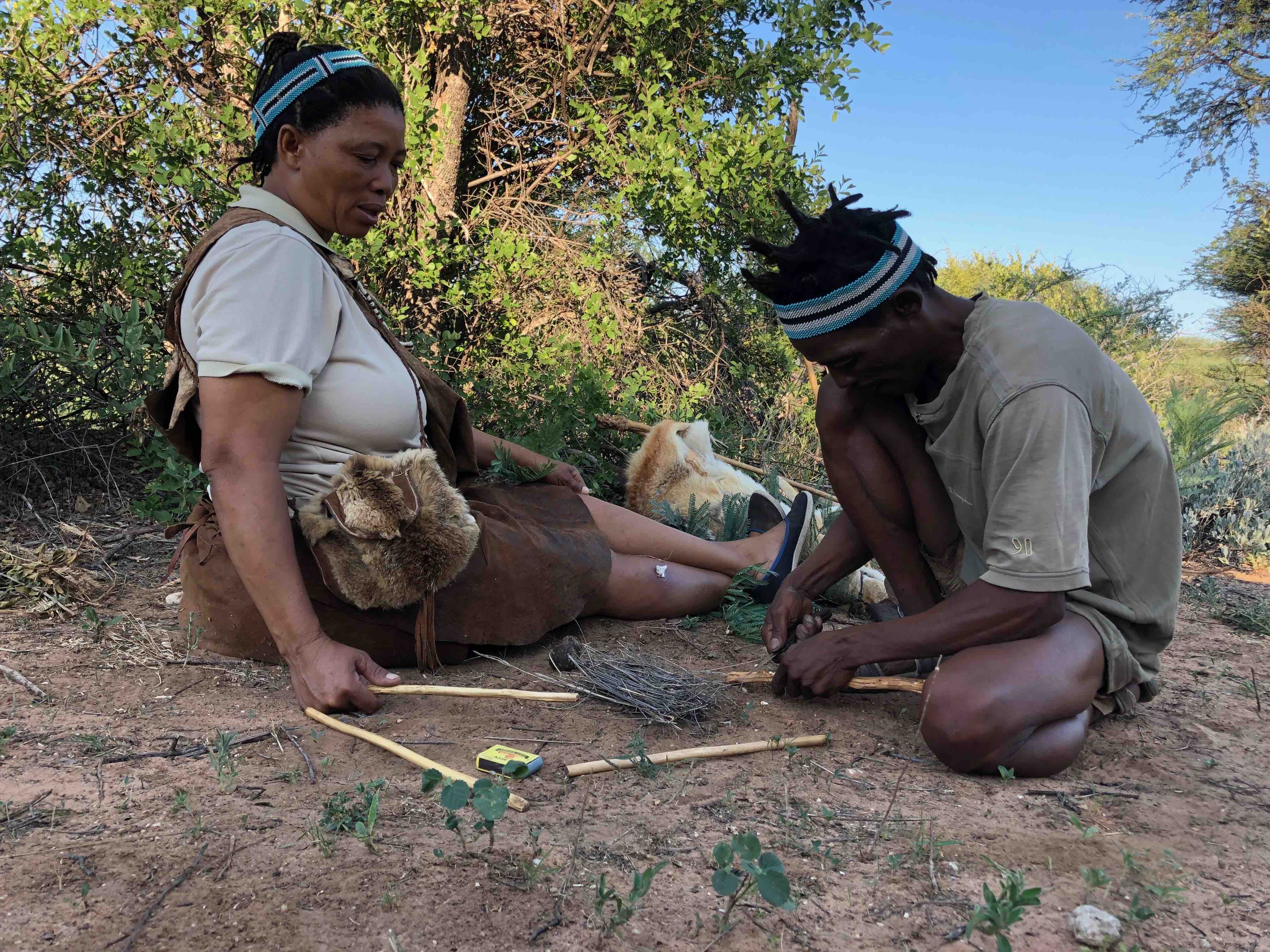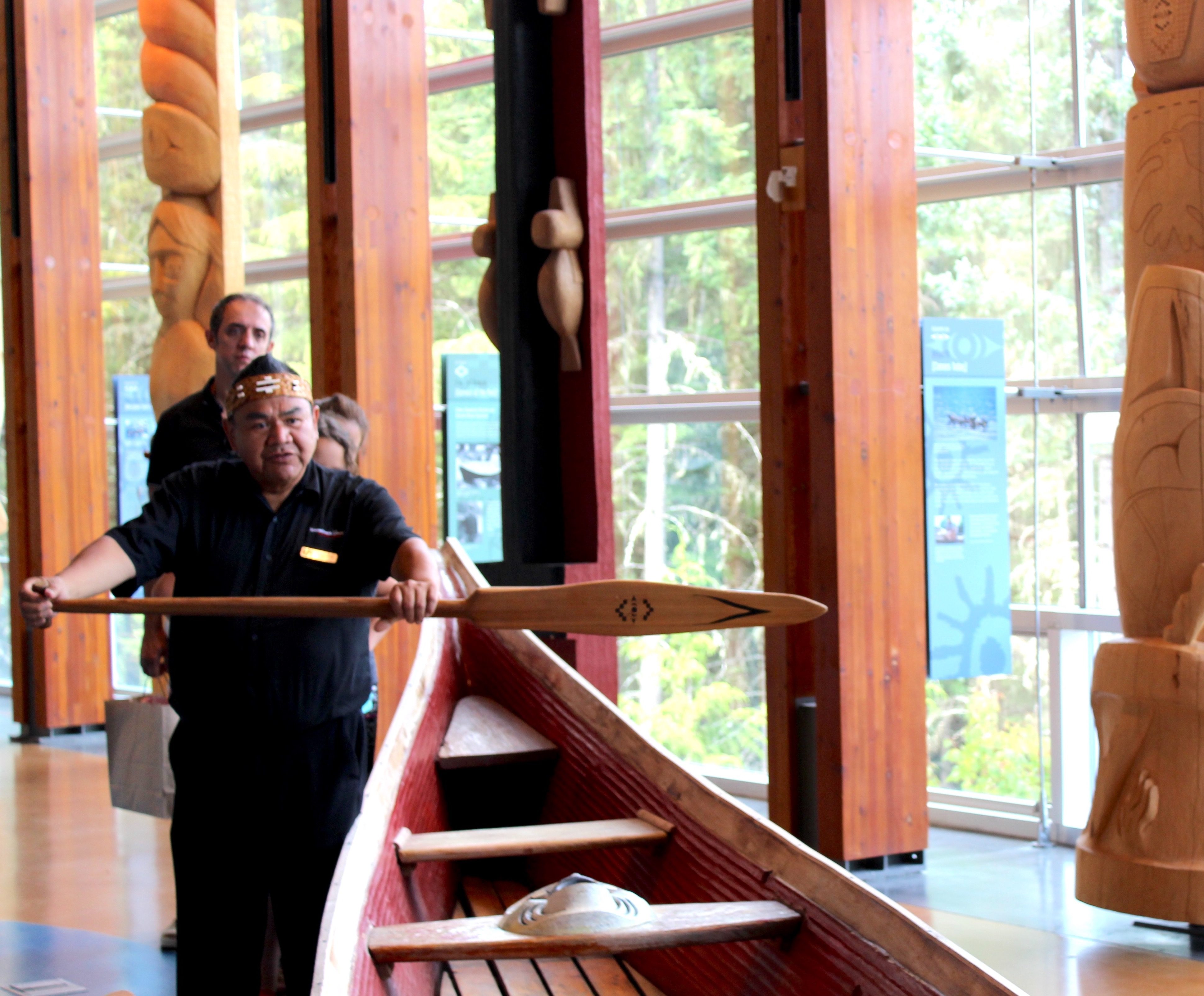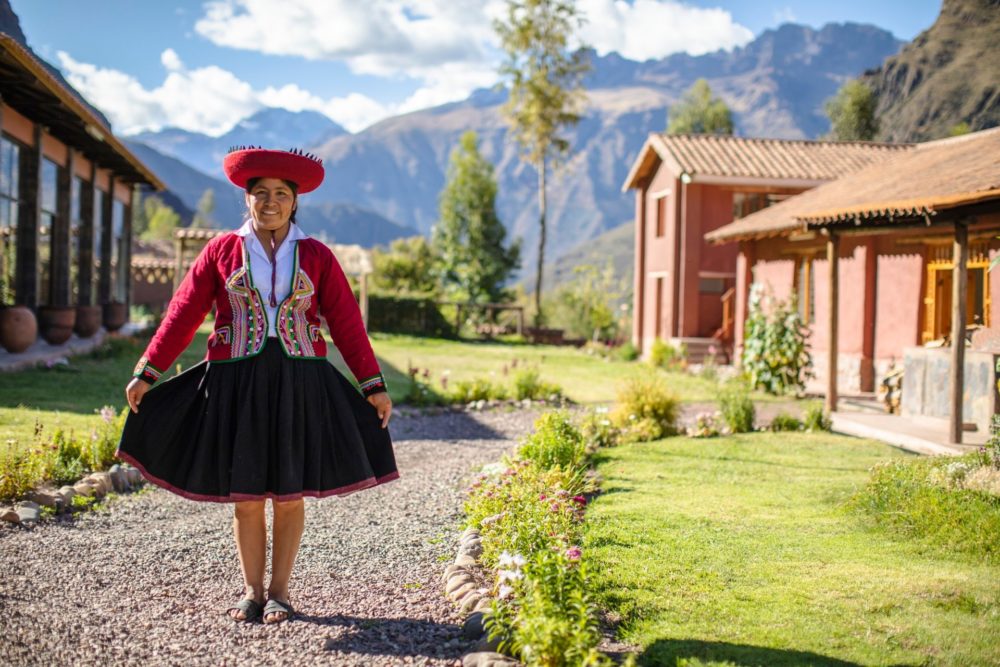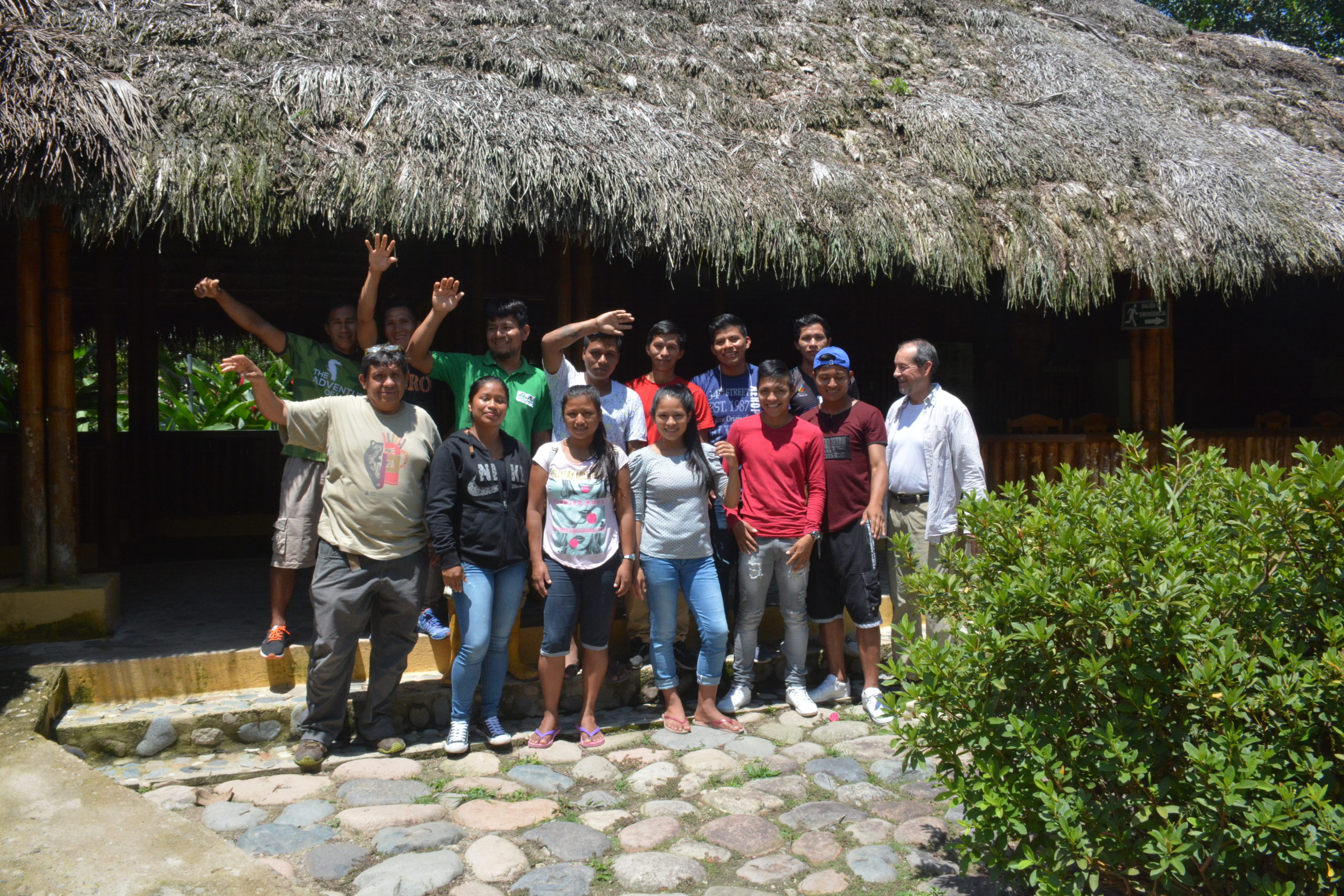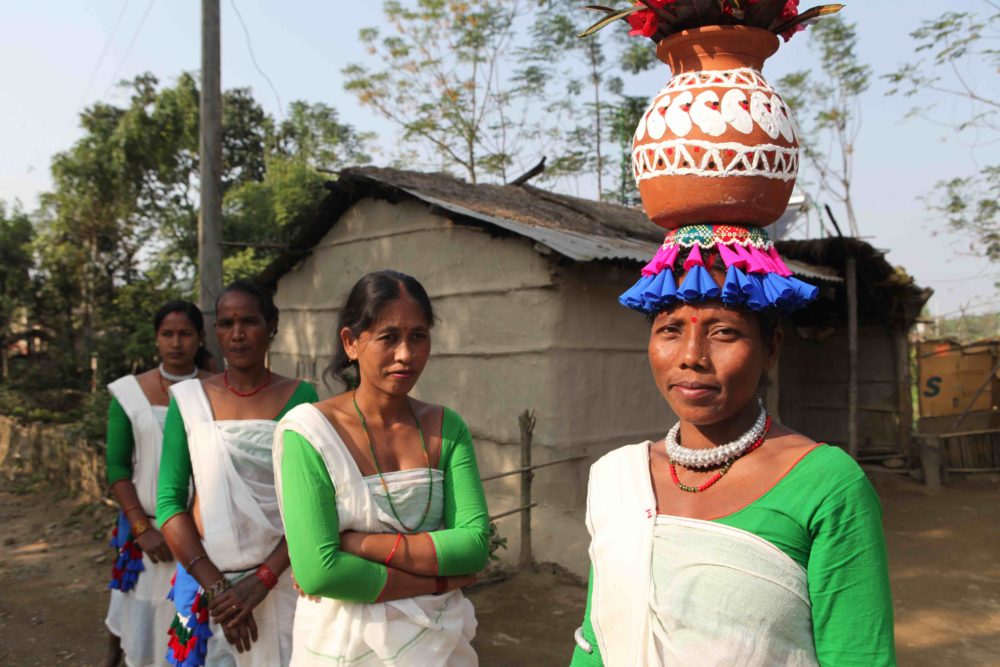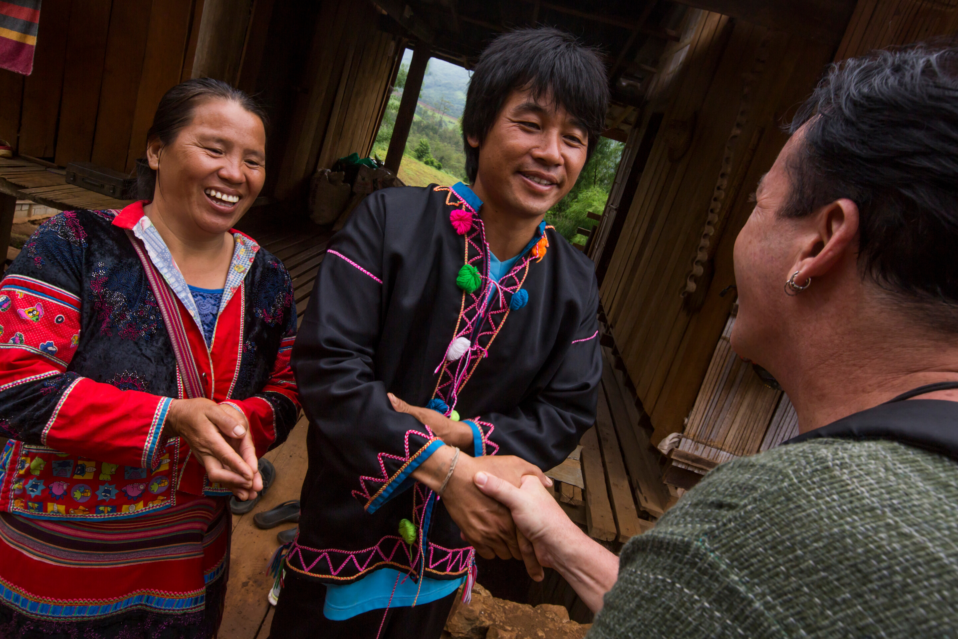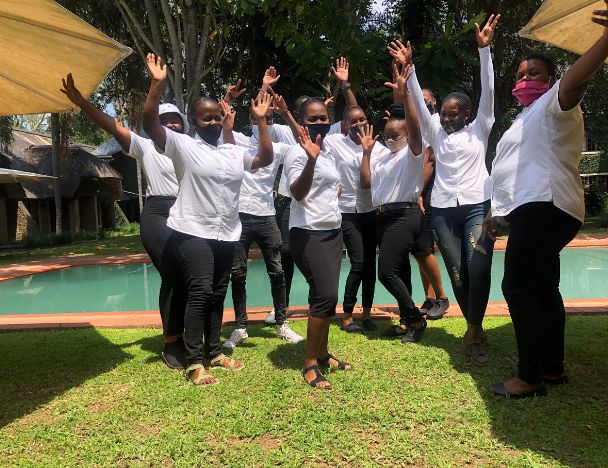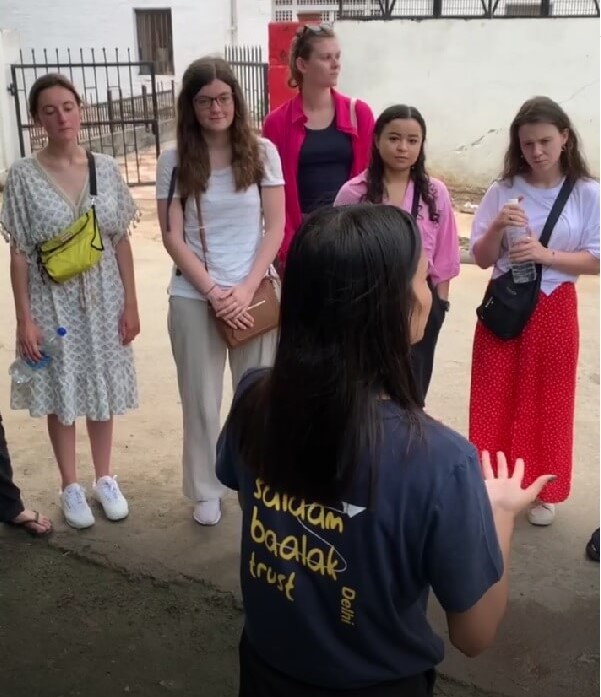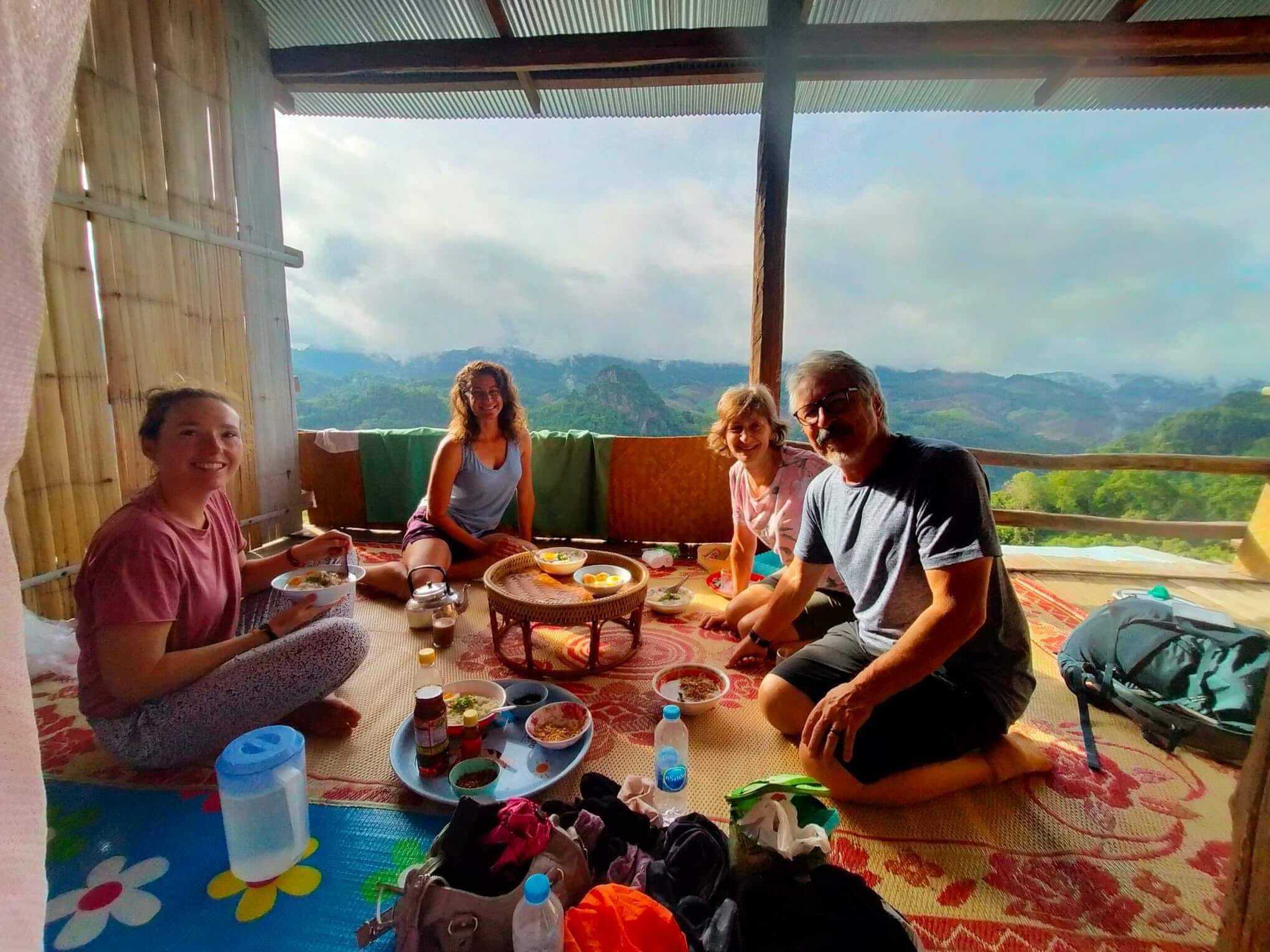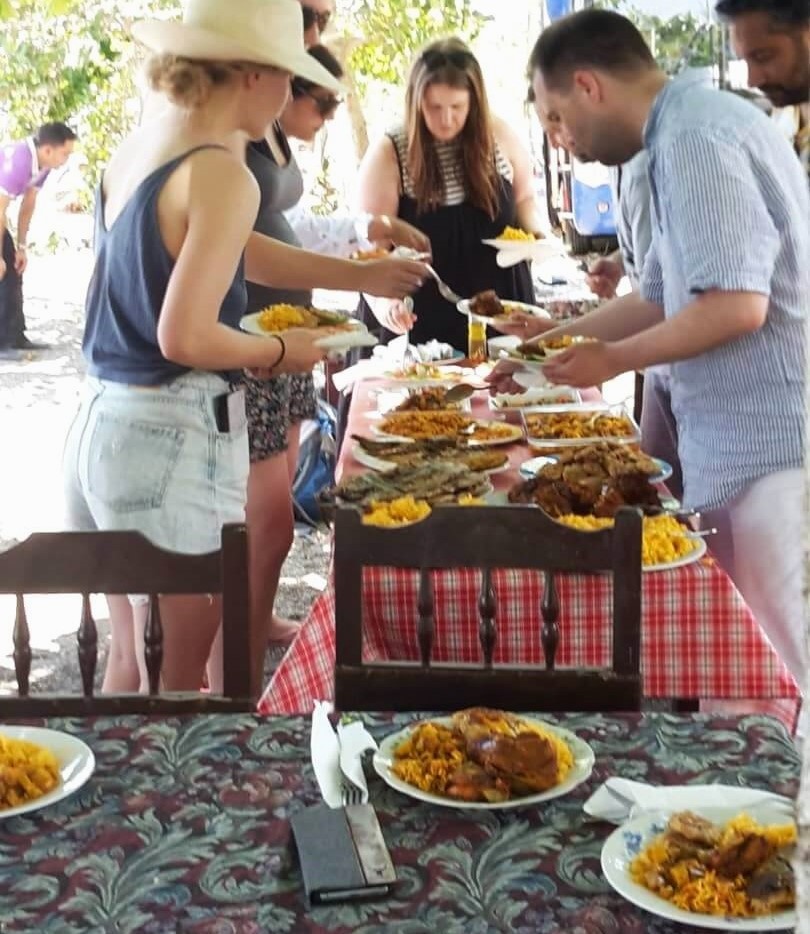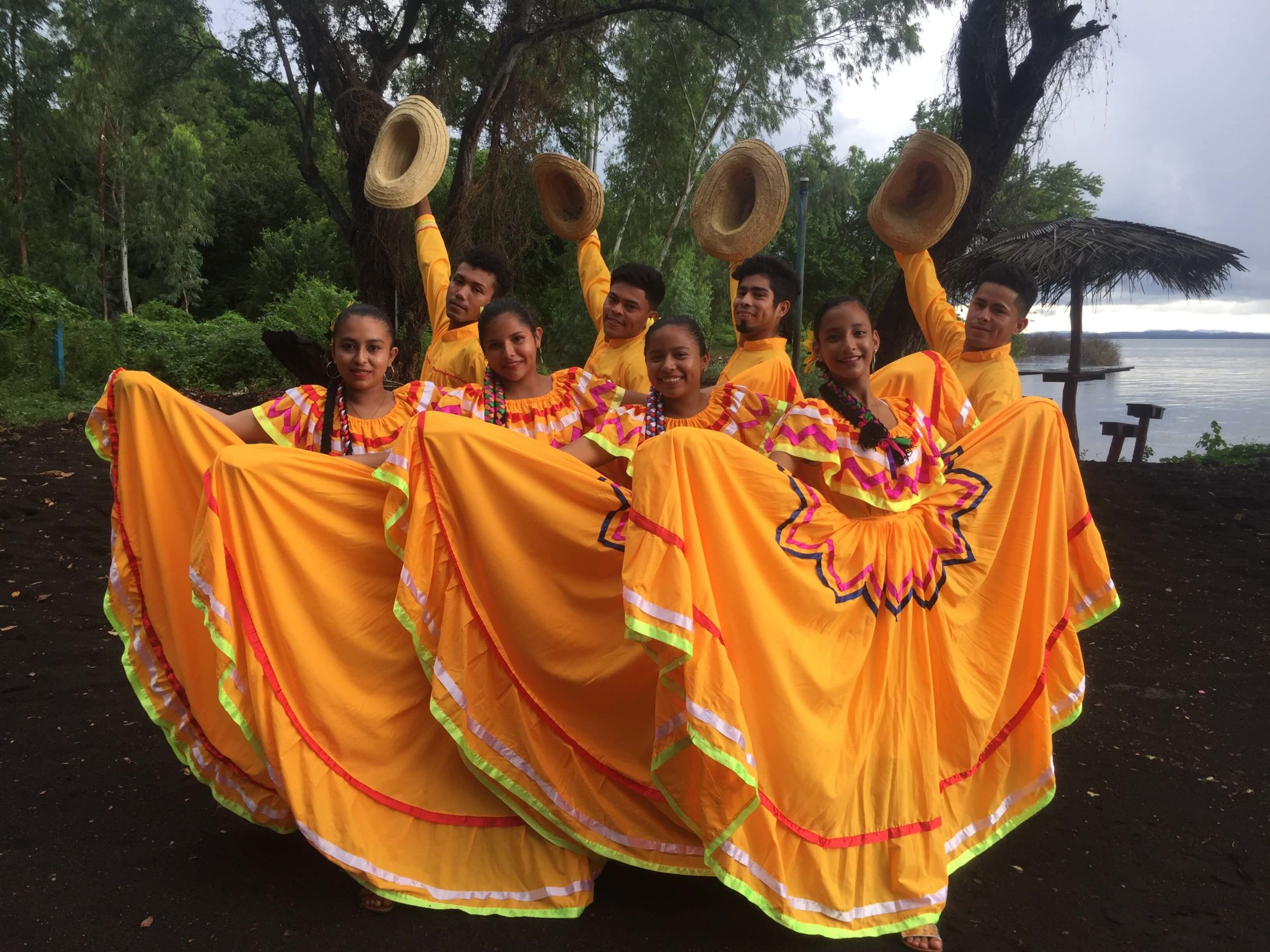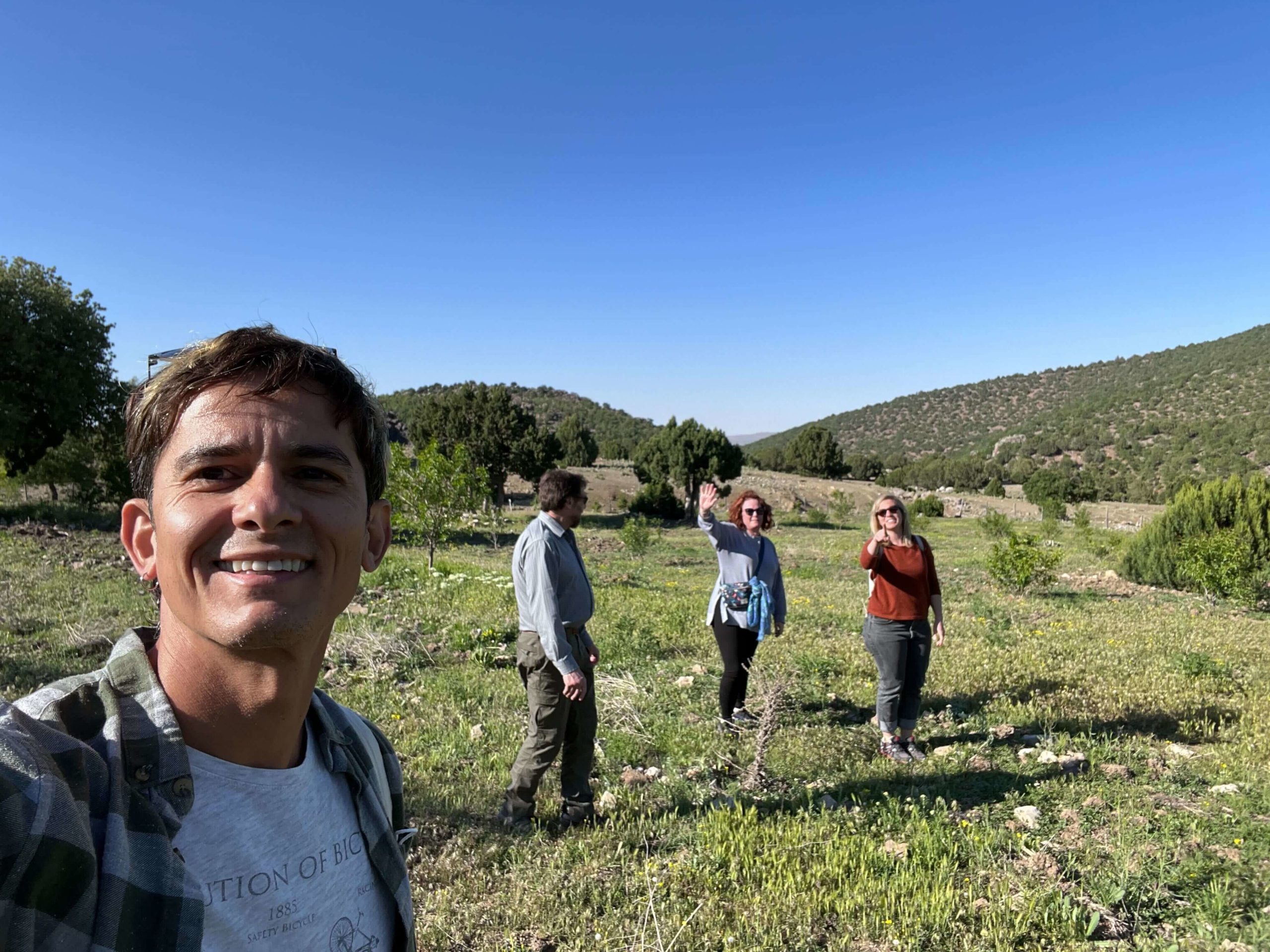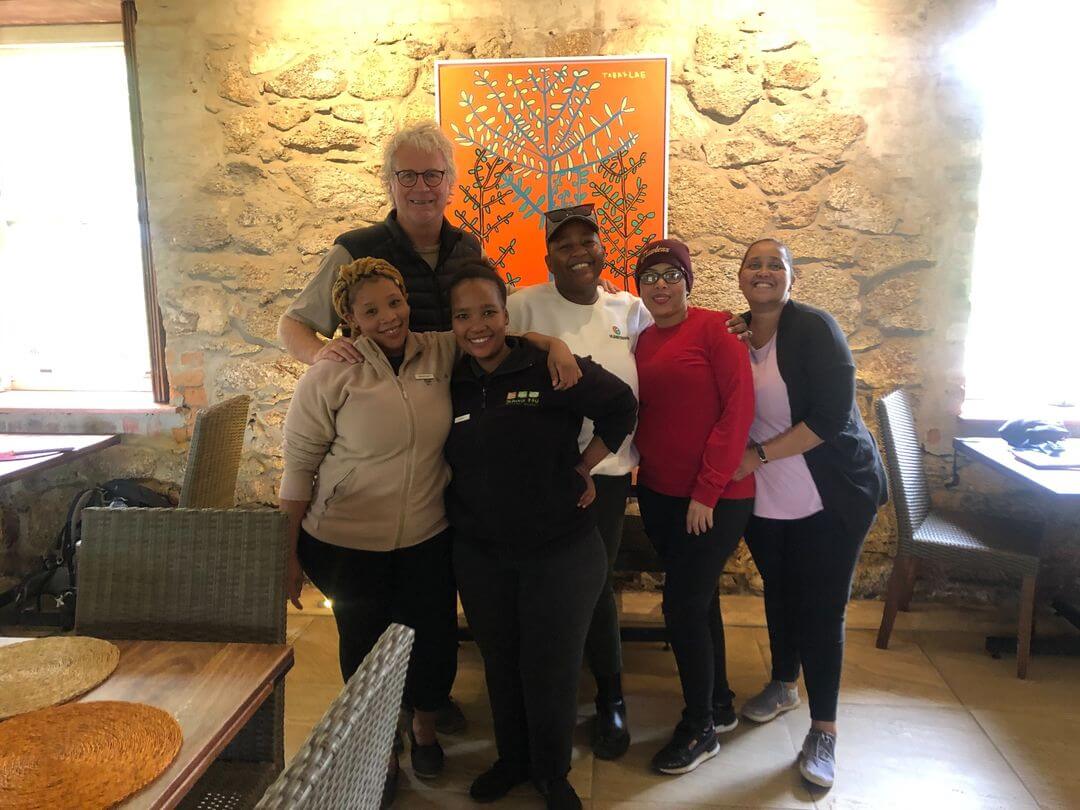The Meaningful Tourism Award, recognizes Planeterra's commitment to creating a new approach to tourism.
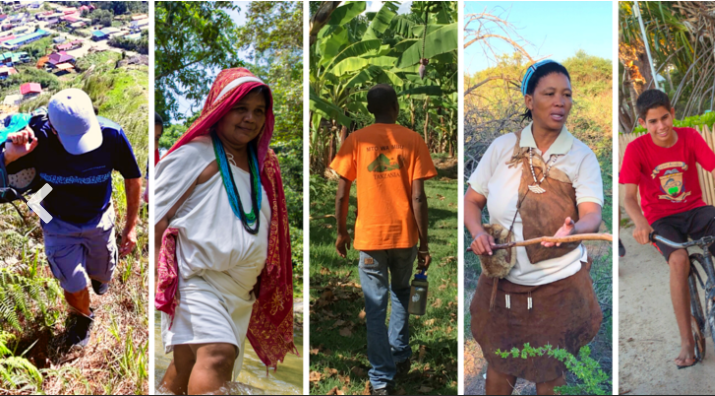
We are thrilled to announce that the jury of the Meaningful Tourism Award 2022 has chosen Planeterra as a Gold winner in the category of Host Communities.
The Award was organized into different categories based on the six main stakeholders of Meaningful Tourism:
- Visitors;
- Host communities;
- Employees of service-providing companies;
- Service-providing companies;
- National, regional and local governments; and
- The Environment for future generations.
For each category, awards were given in recognition of work done either by or for stakeholder groups to improve quality, benefits and satisfaction.
Planeterra has been chosen for its commitment to creating a new approach to tourism: neither seeing the customer as king nor centering on short-term profits. Furthermore, the award emphasizes the importance of focusing on more than just environmental concerns to achieve a positive future.
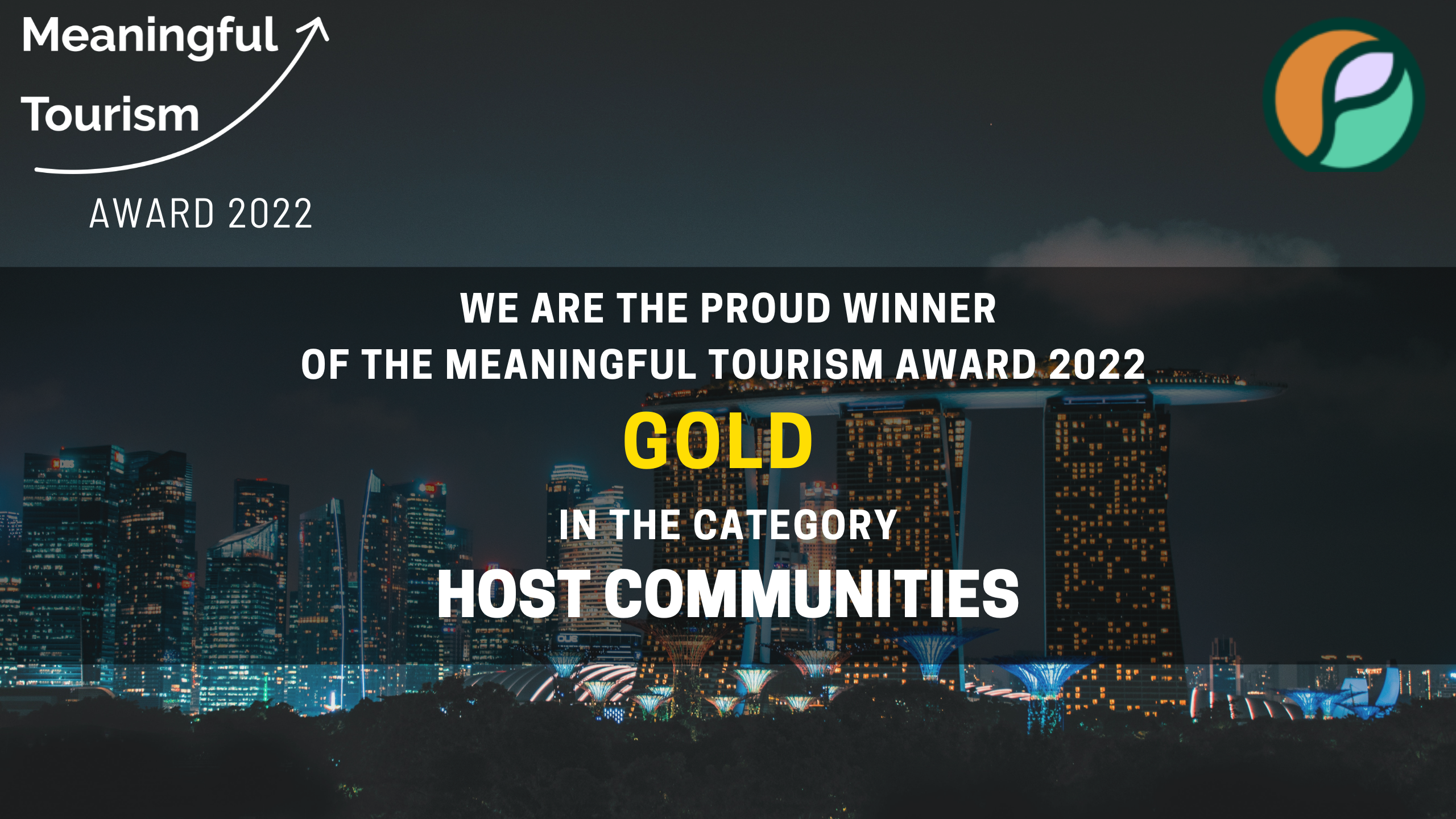
The CEO of the Meaningful Tourism Center, Prof. Dr. Arlt stated: “we are delighted to see how many stakeholders around the world have started to create new approaches to tourism”. For the Meaningful Tourism Center, “the task is not to ‘balance’ the different stakeholders’ interests, but to align them in a way that benefits and satisfies the interests of all stakeholders.”
This was the first edition of the Meaningful Tourism Award, which will in the future be organized annually. The names of the 18 Award winners for 2022, were revealed during the Meaningful Tourism Panel at the ITB ASIA in Singapore.
According to Prof. Dr. Arlt, “the companies and organizations selected can consider themselves as being among the avant-garde of tomorrow’s tourism development”.
To learn more about Meaningful Tourism Cente, click here.



